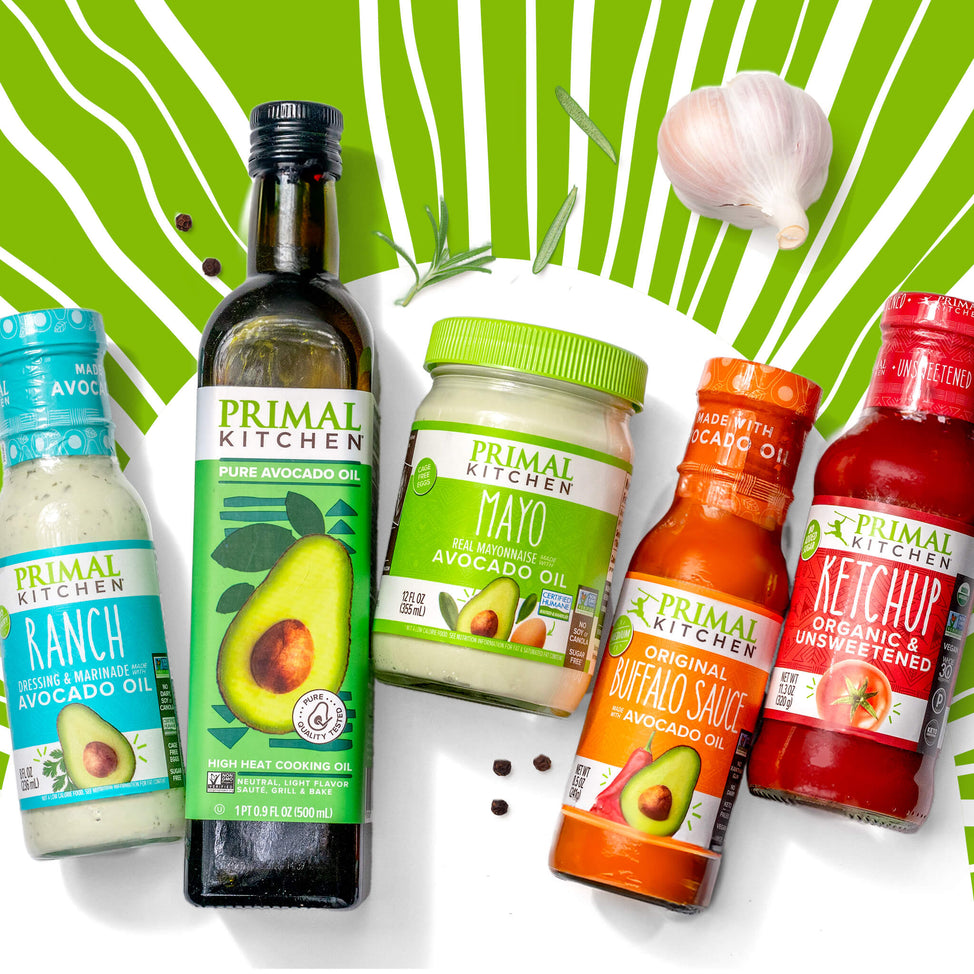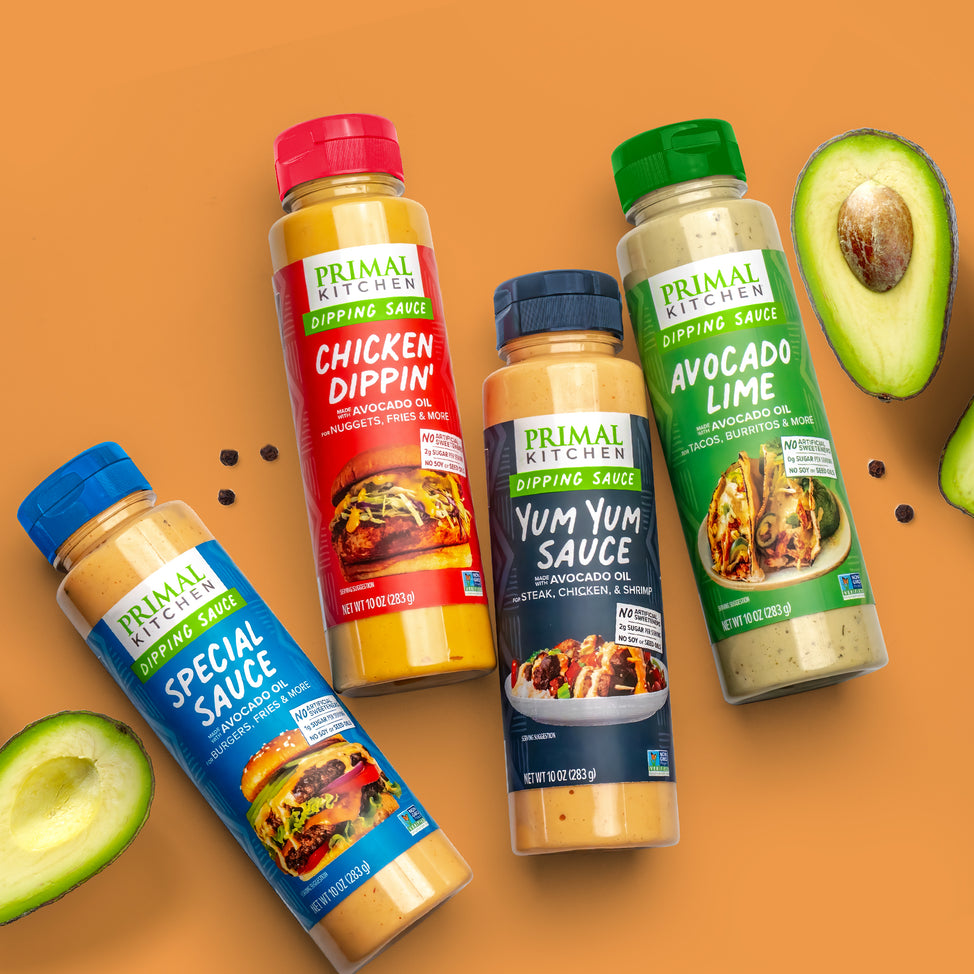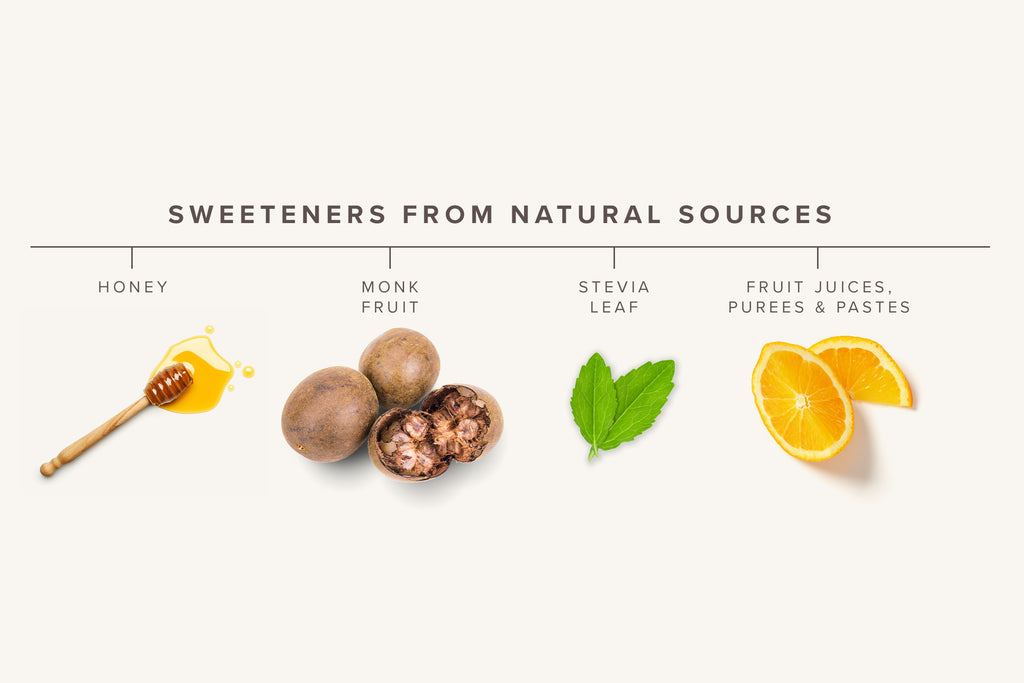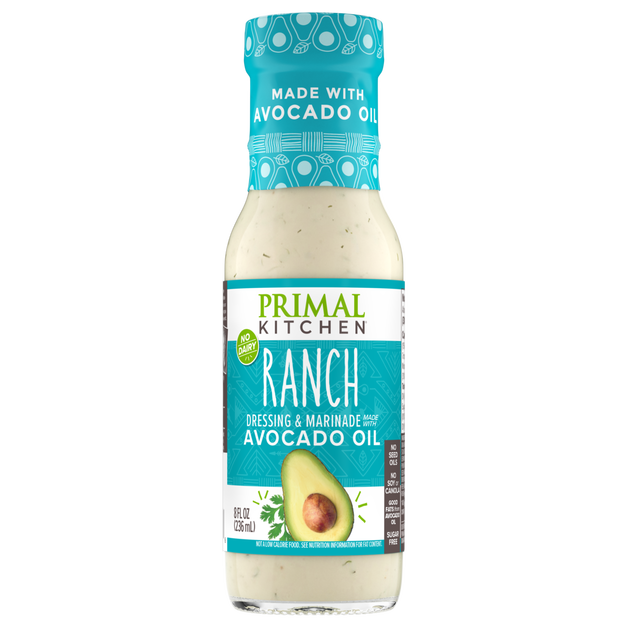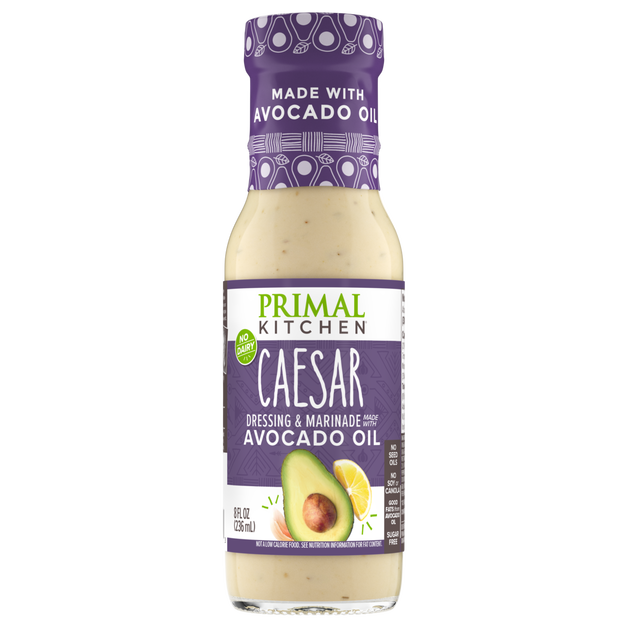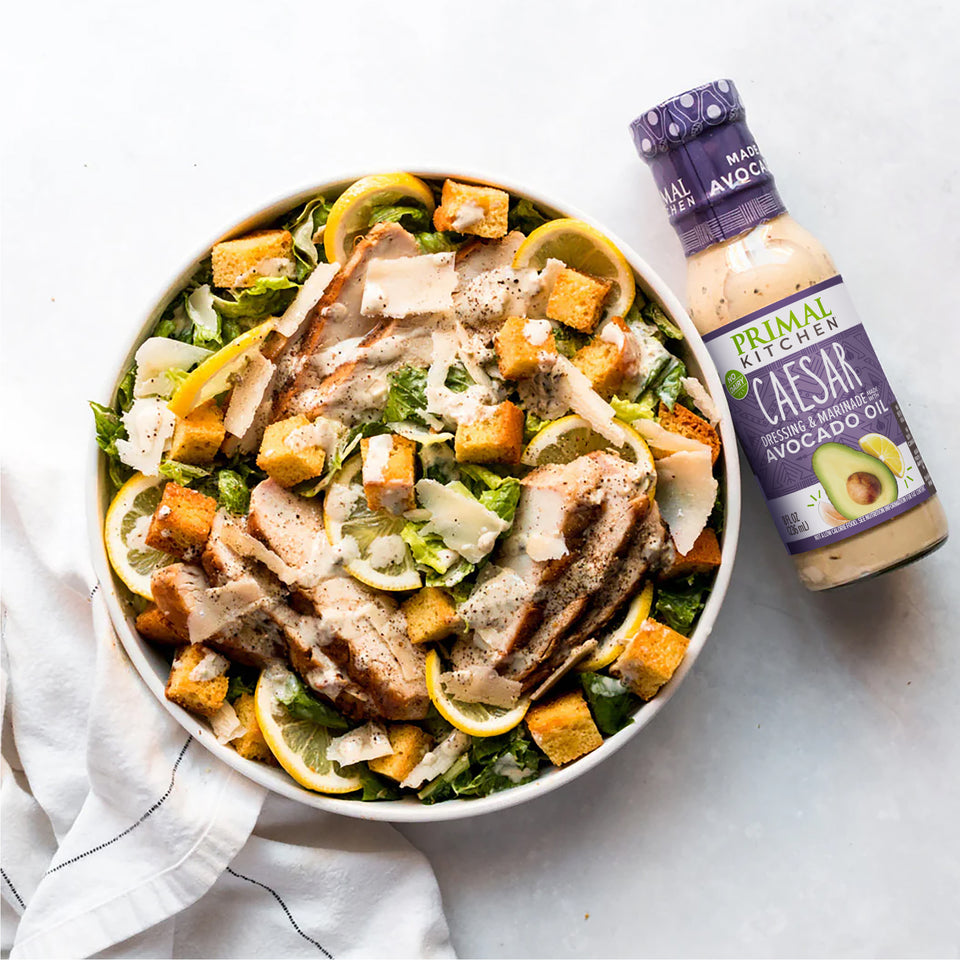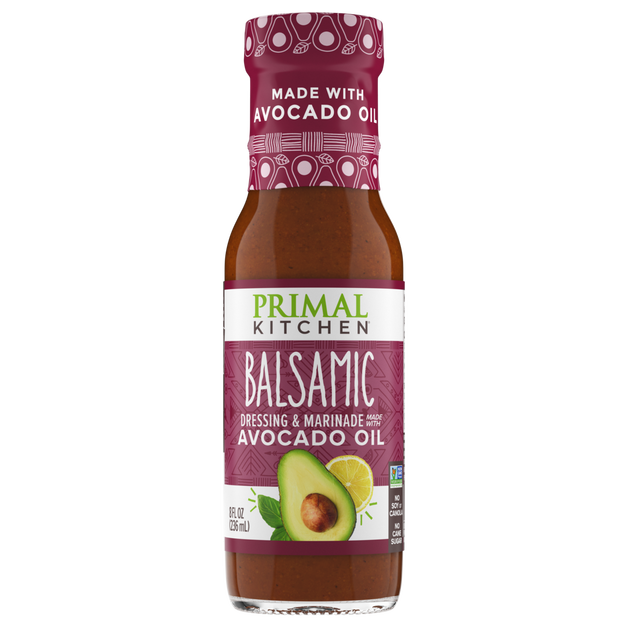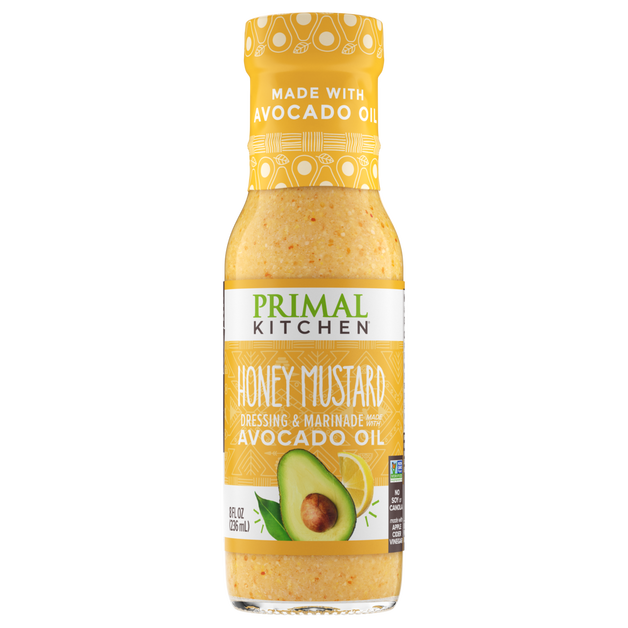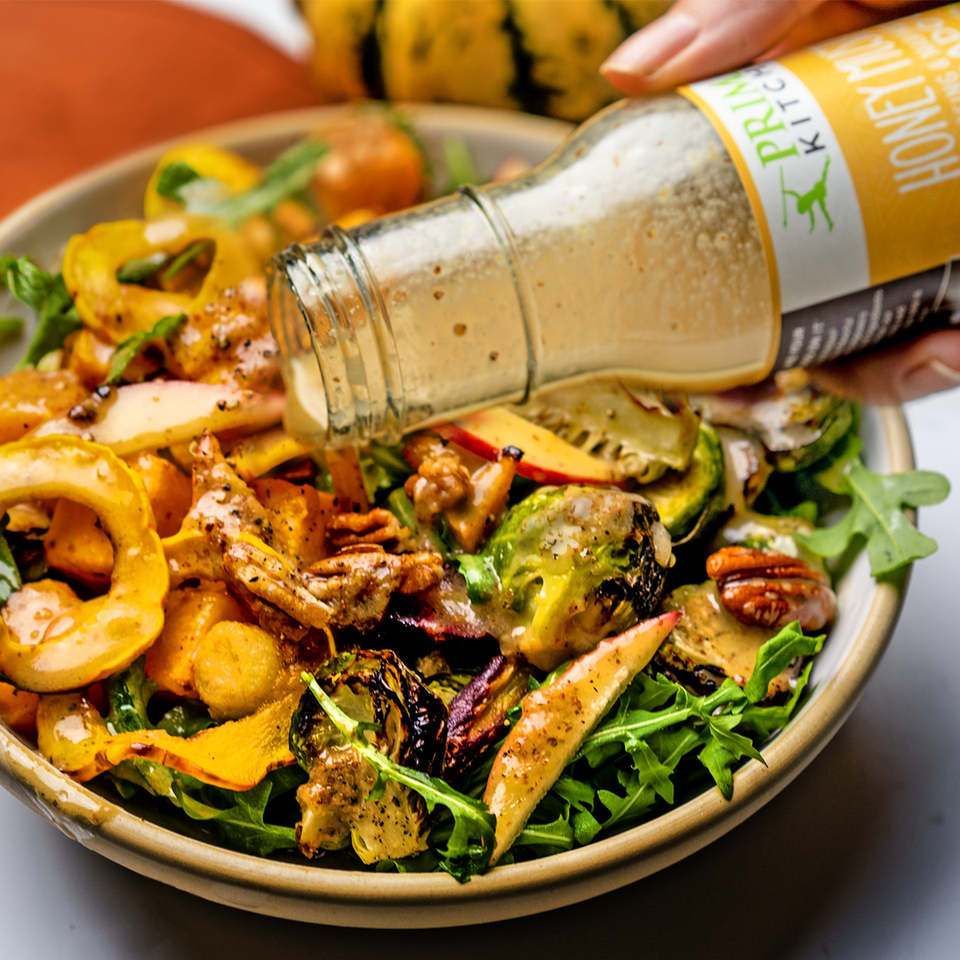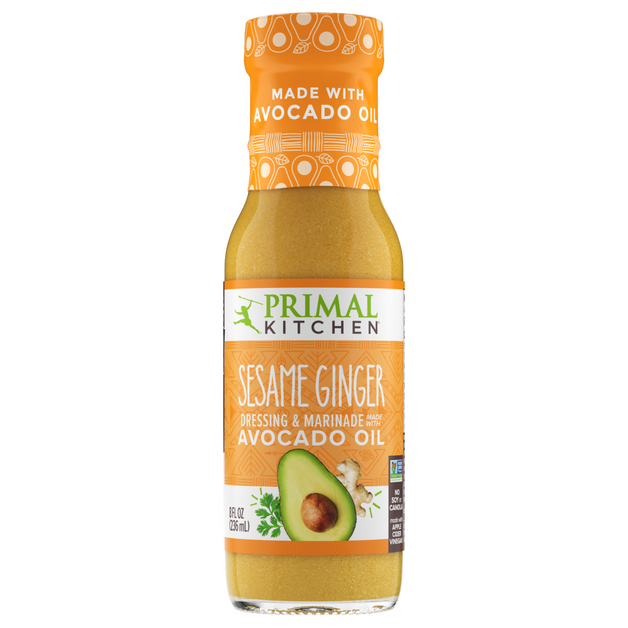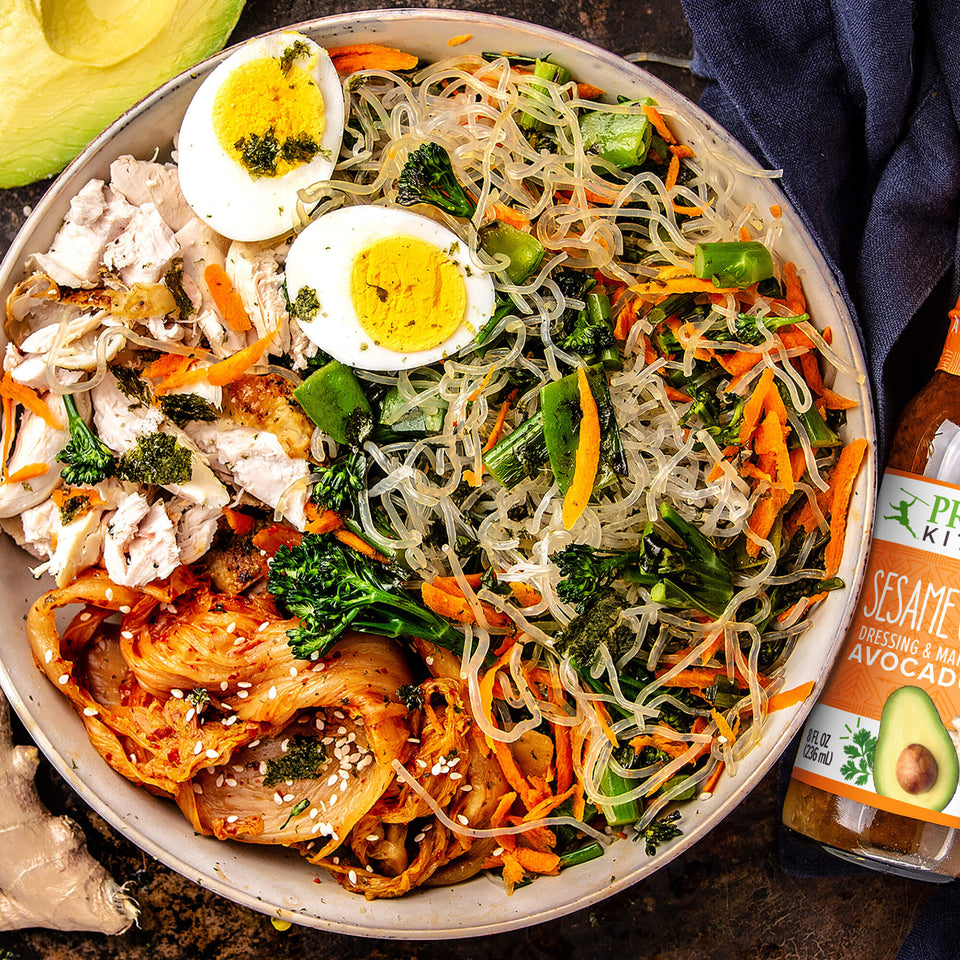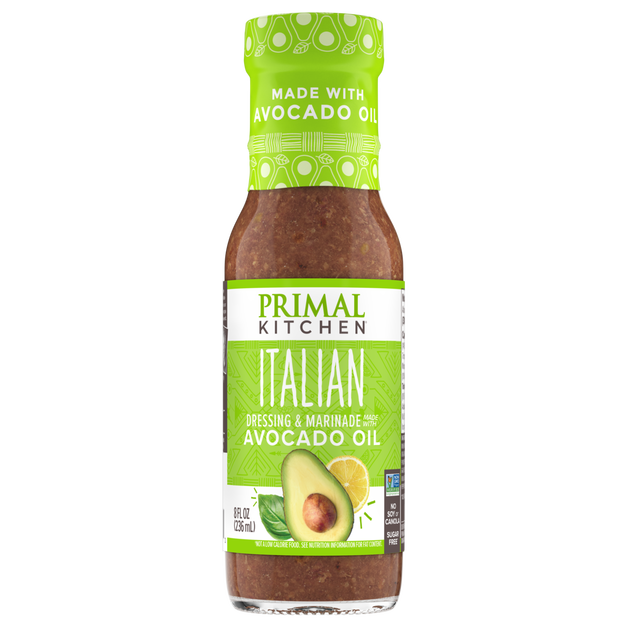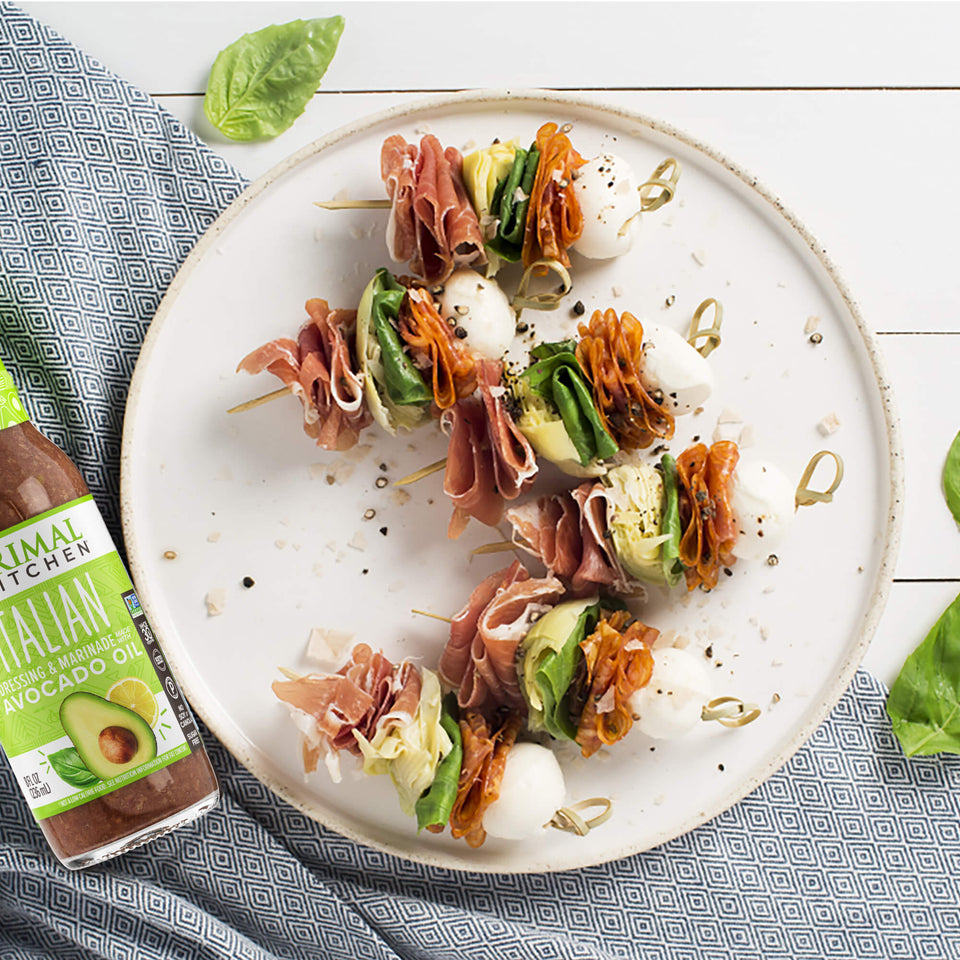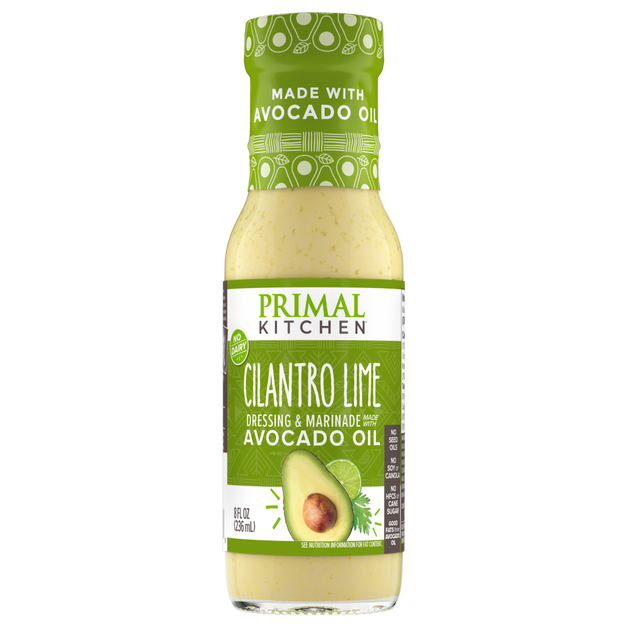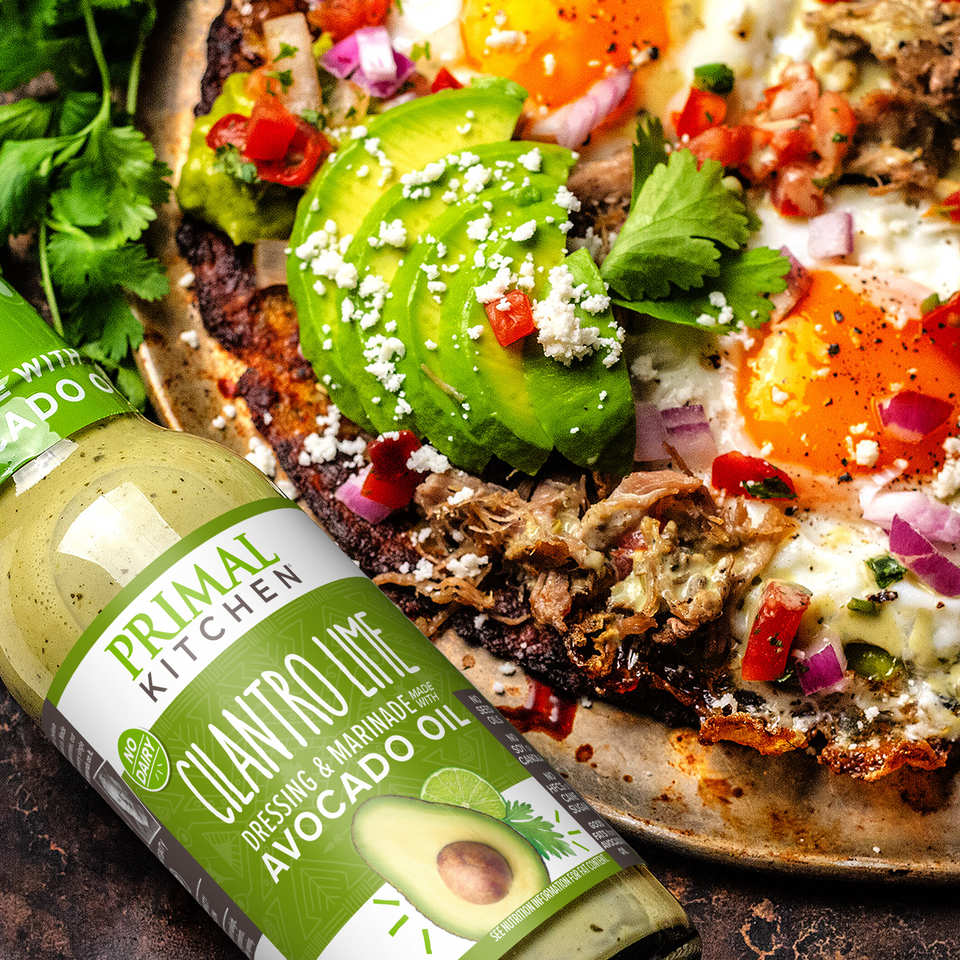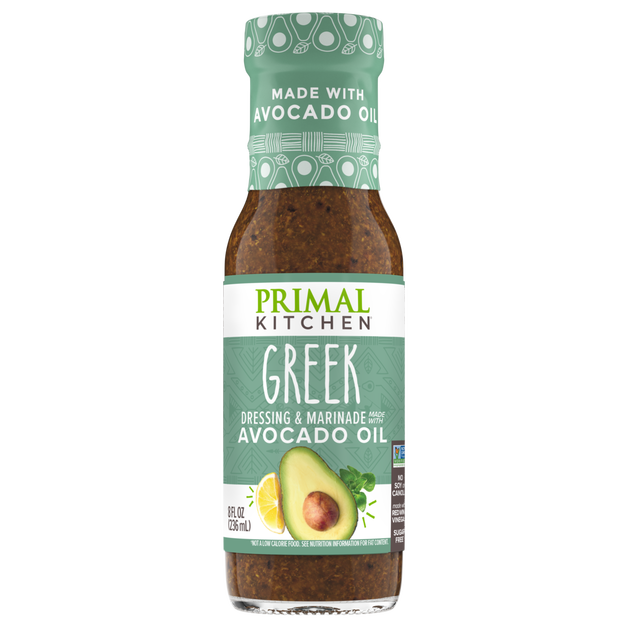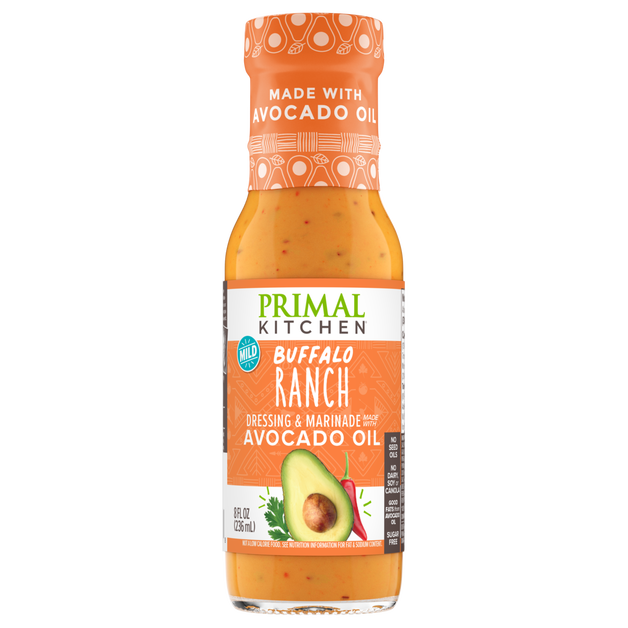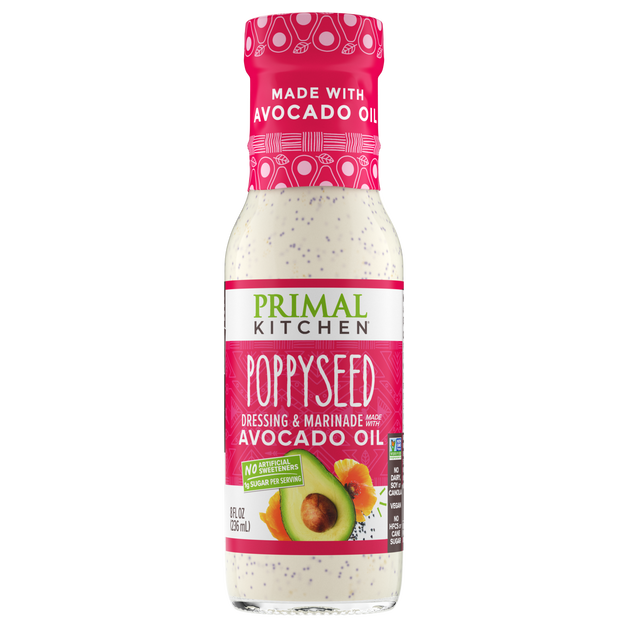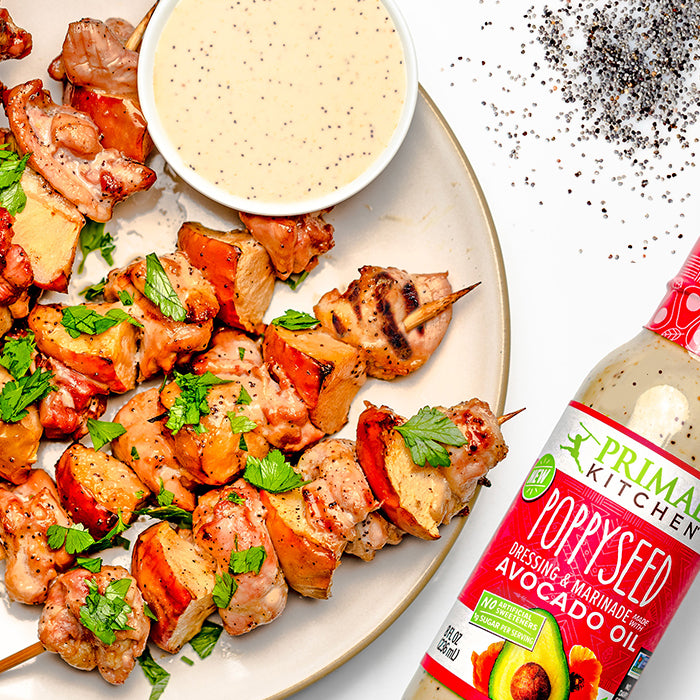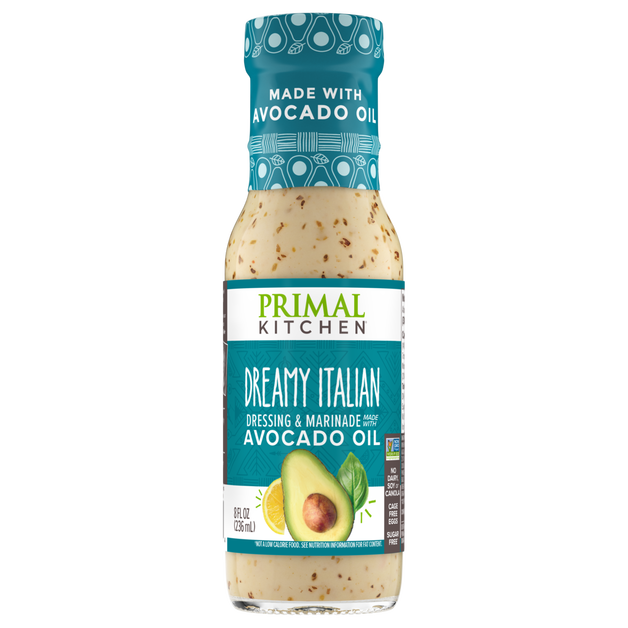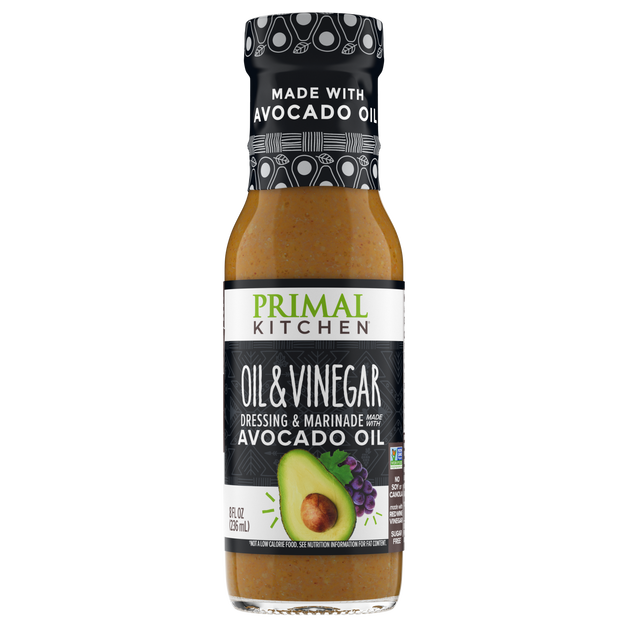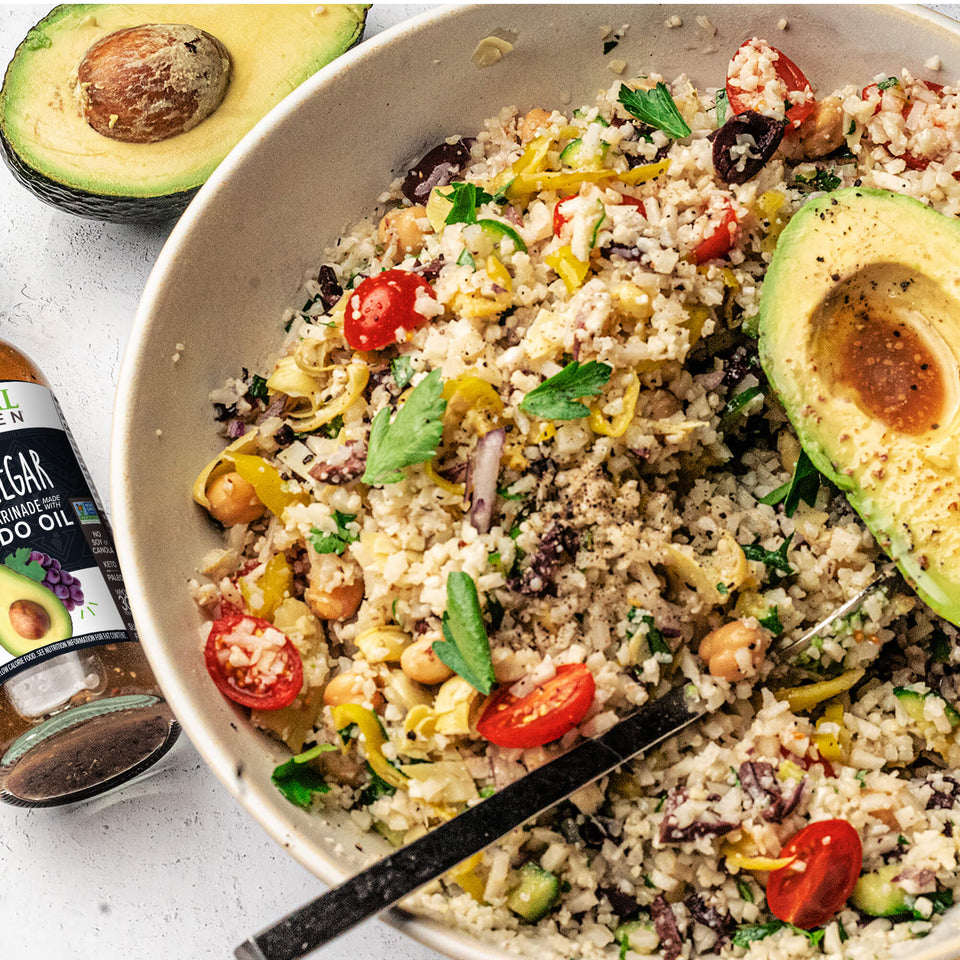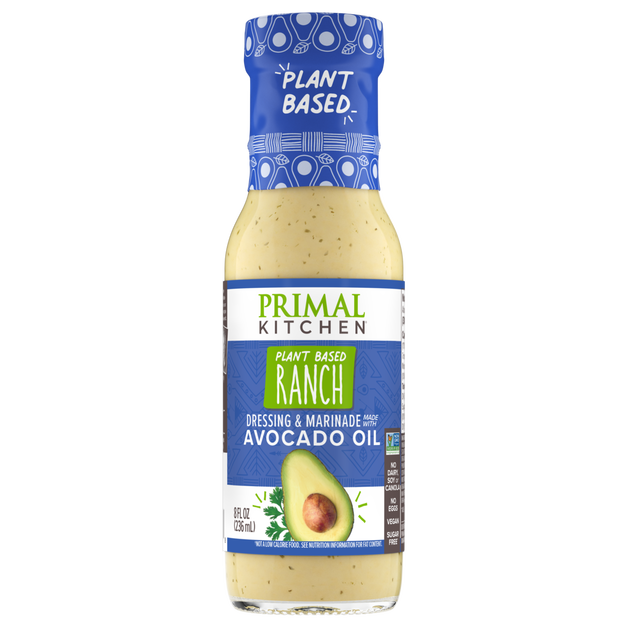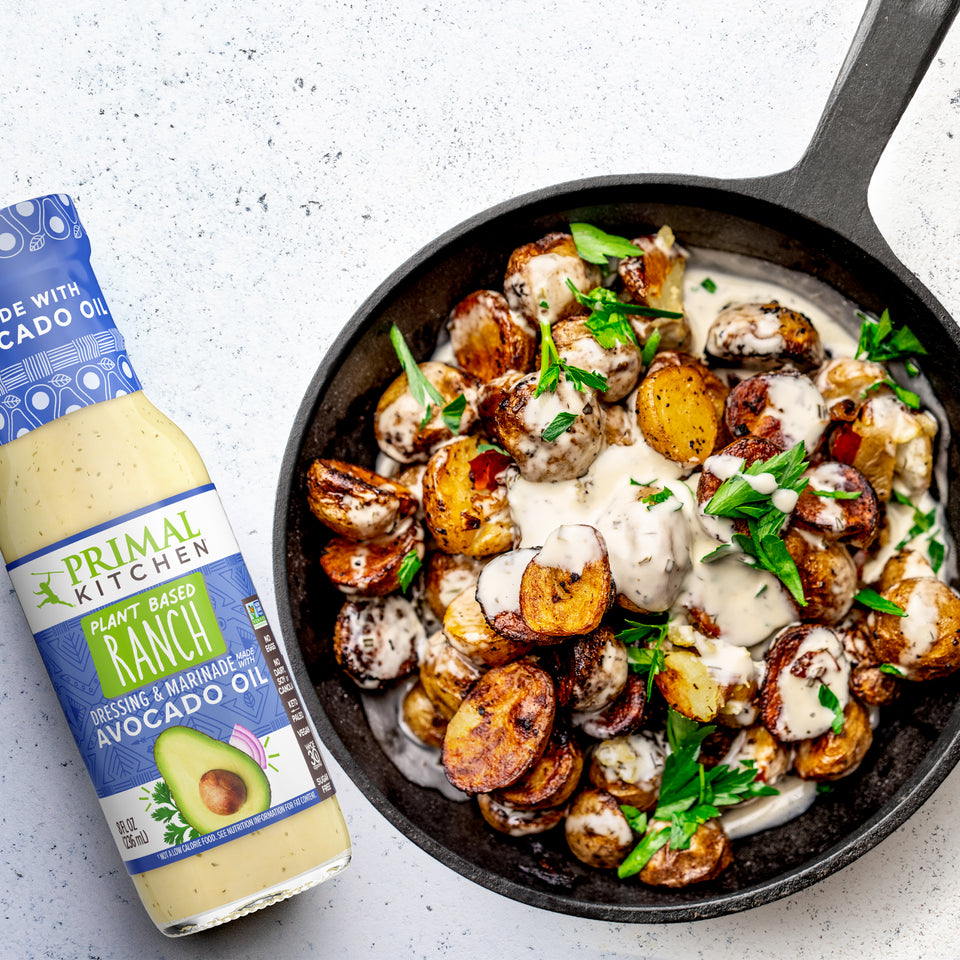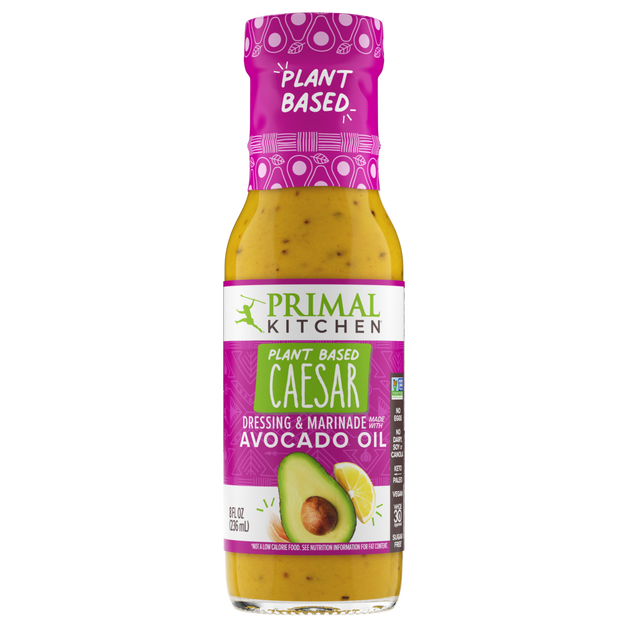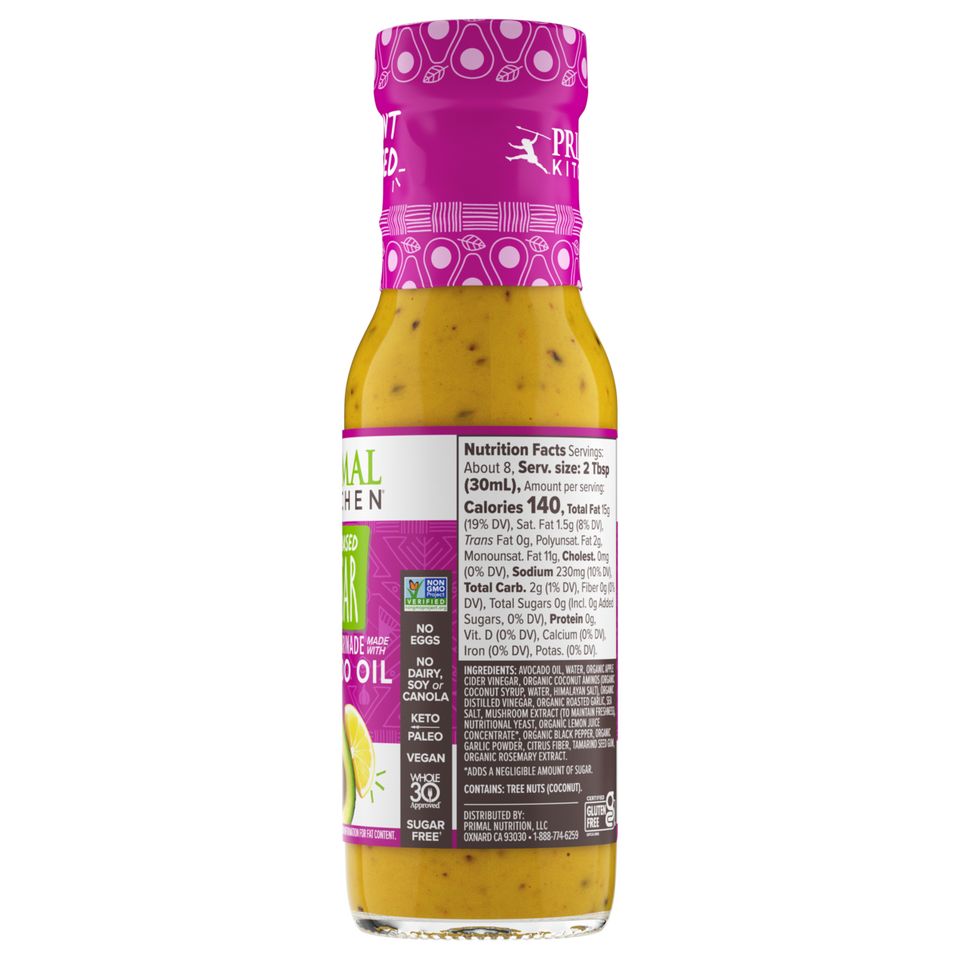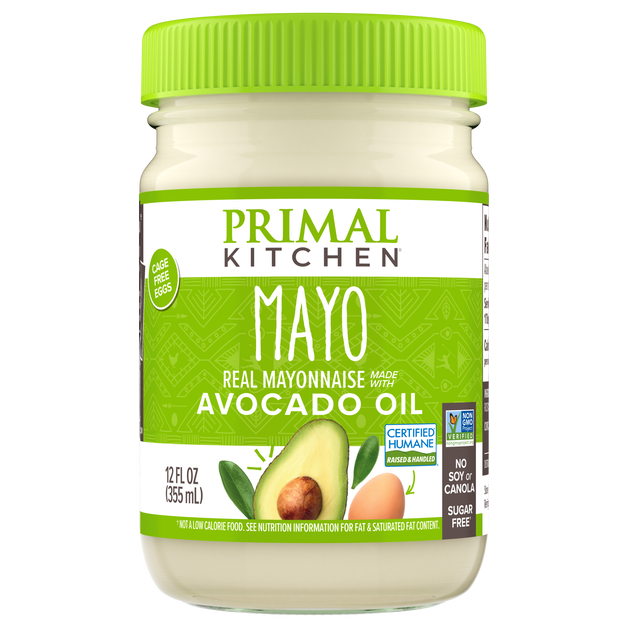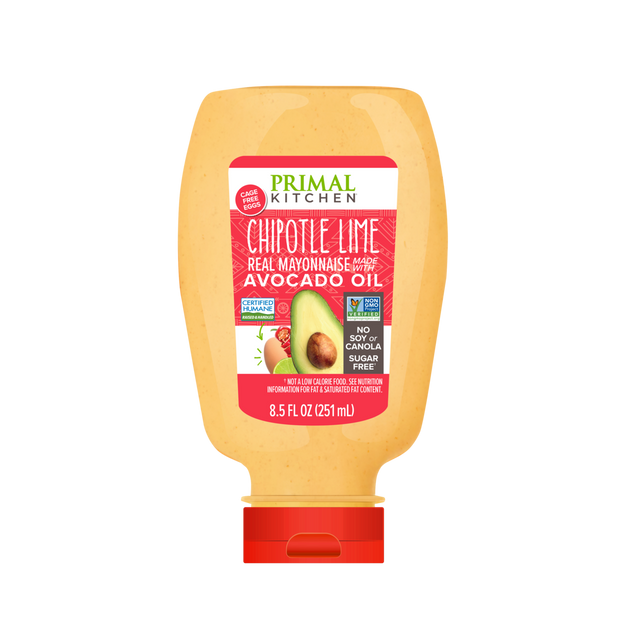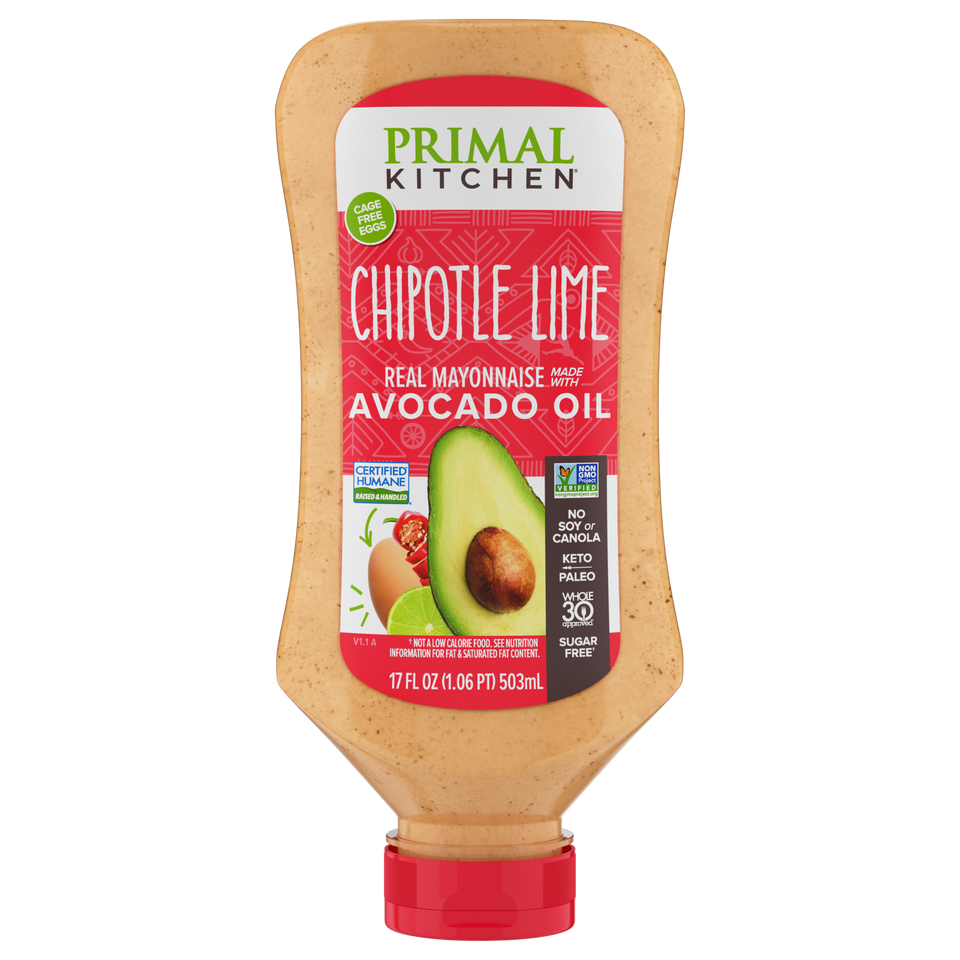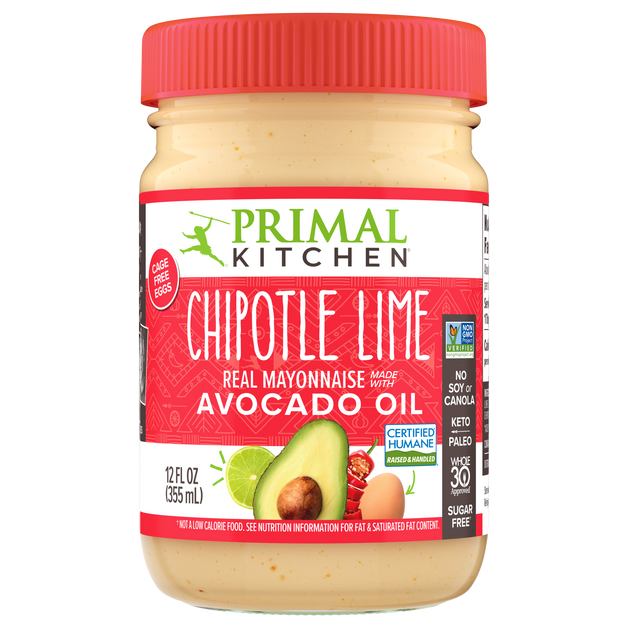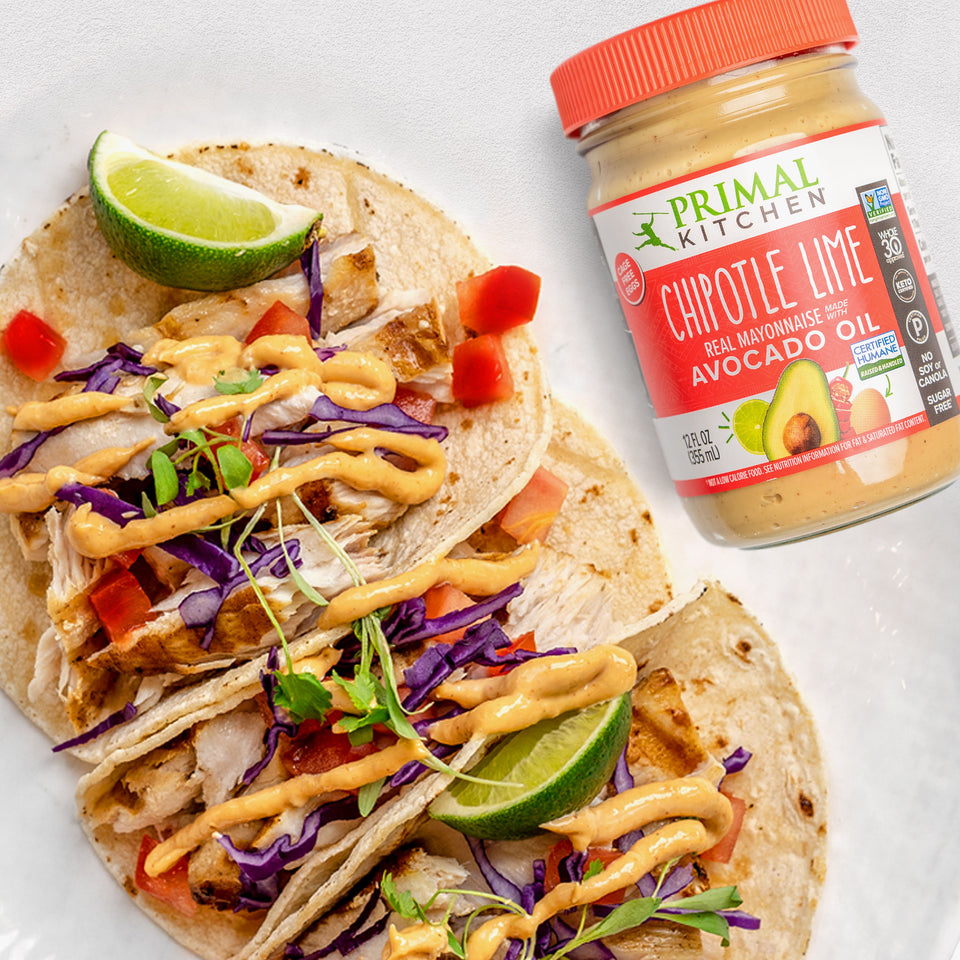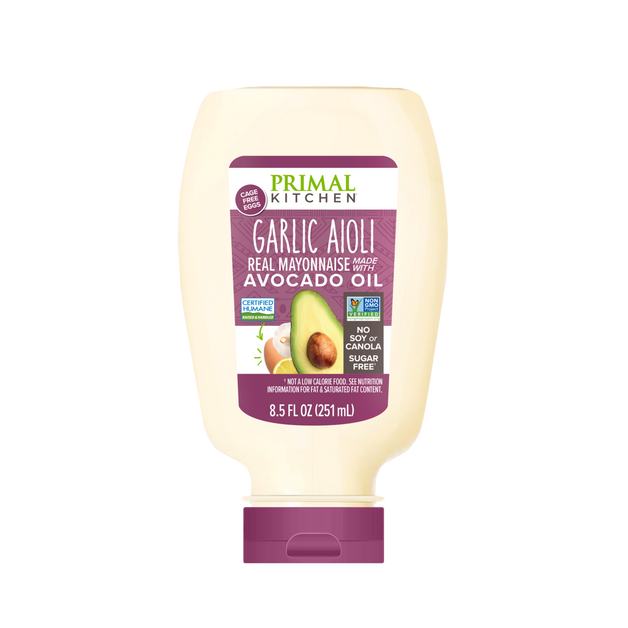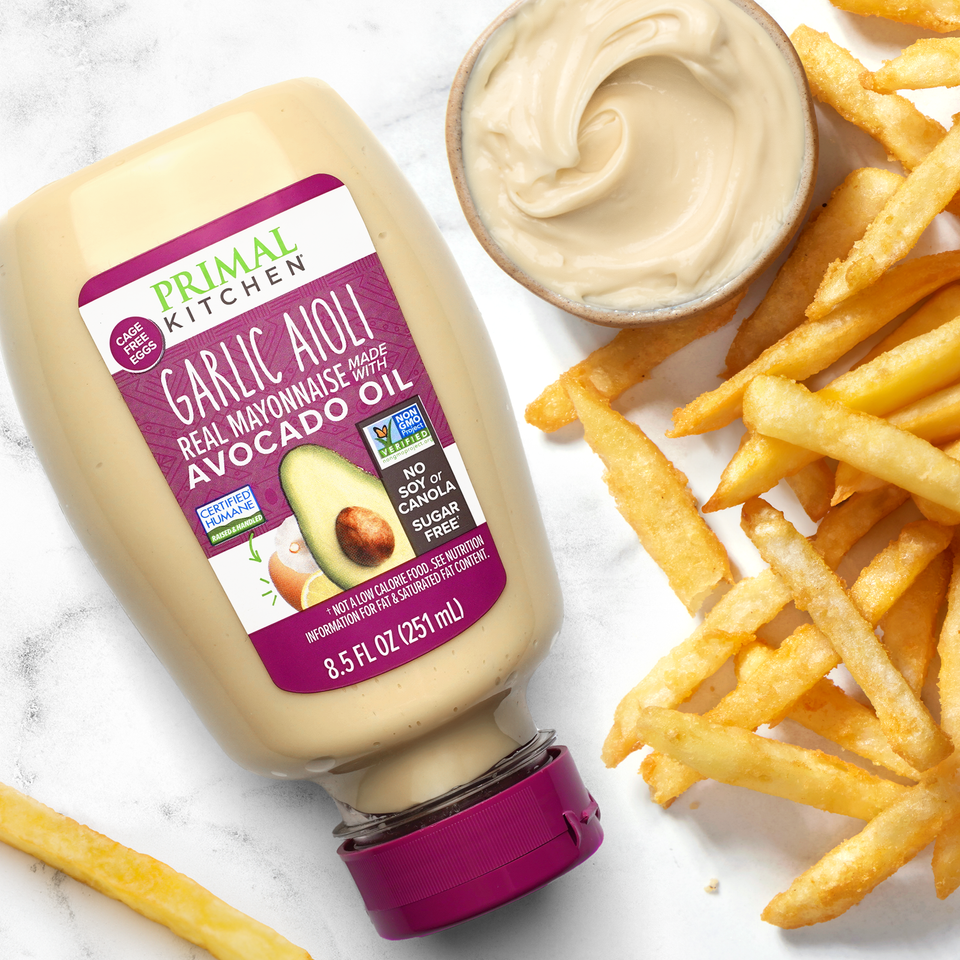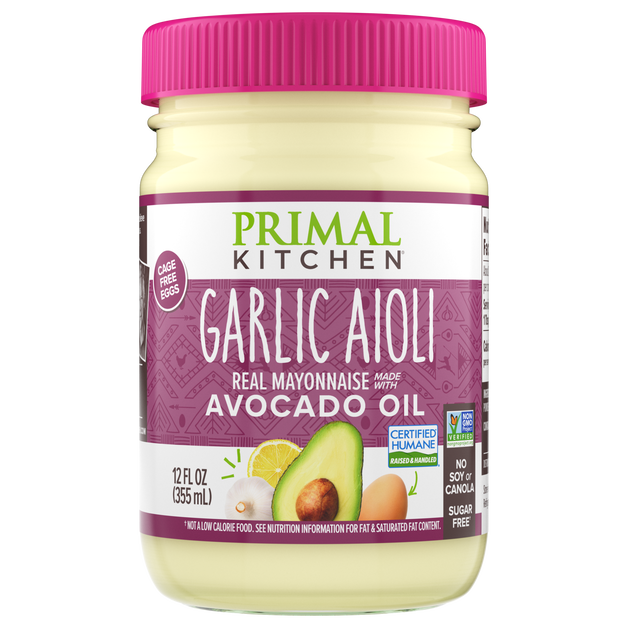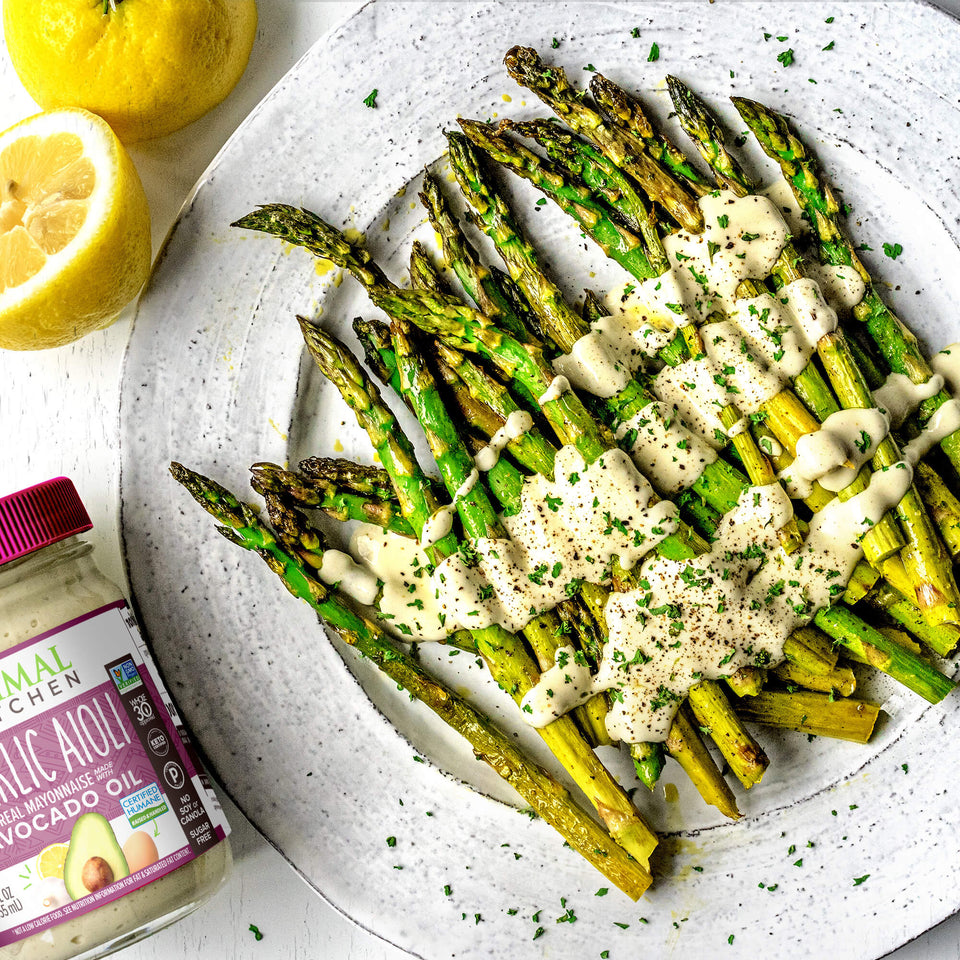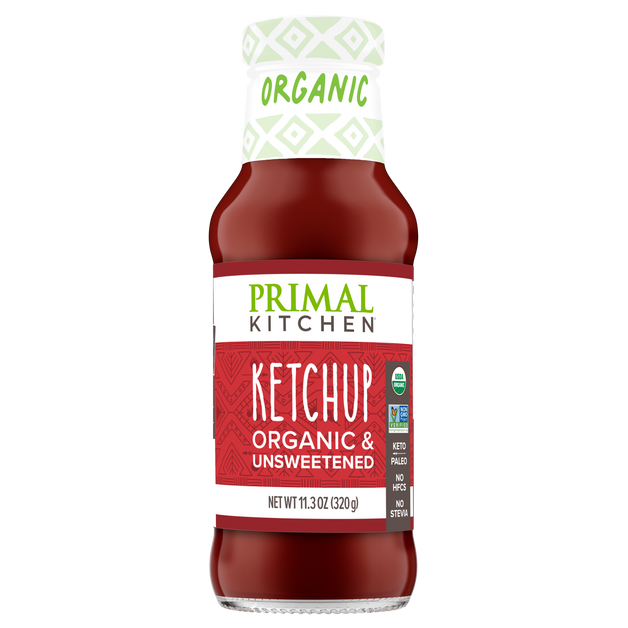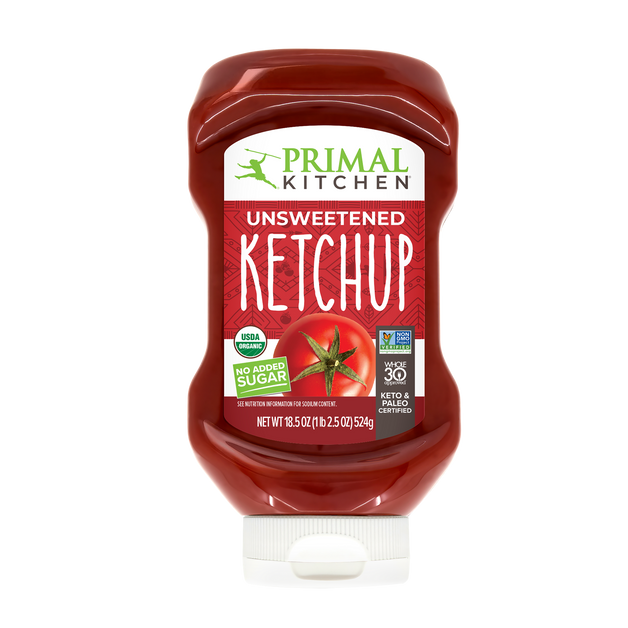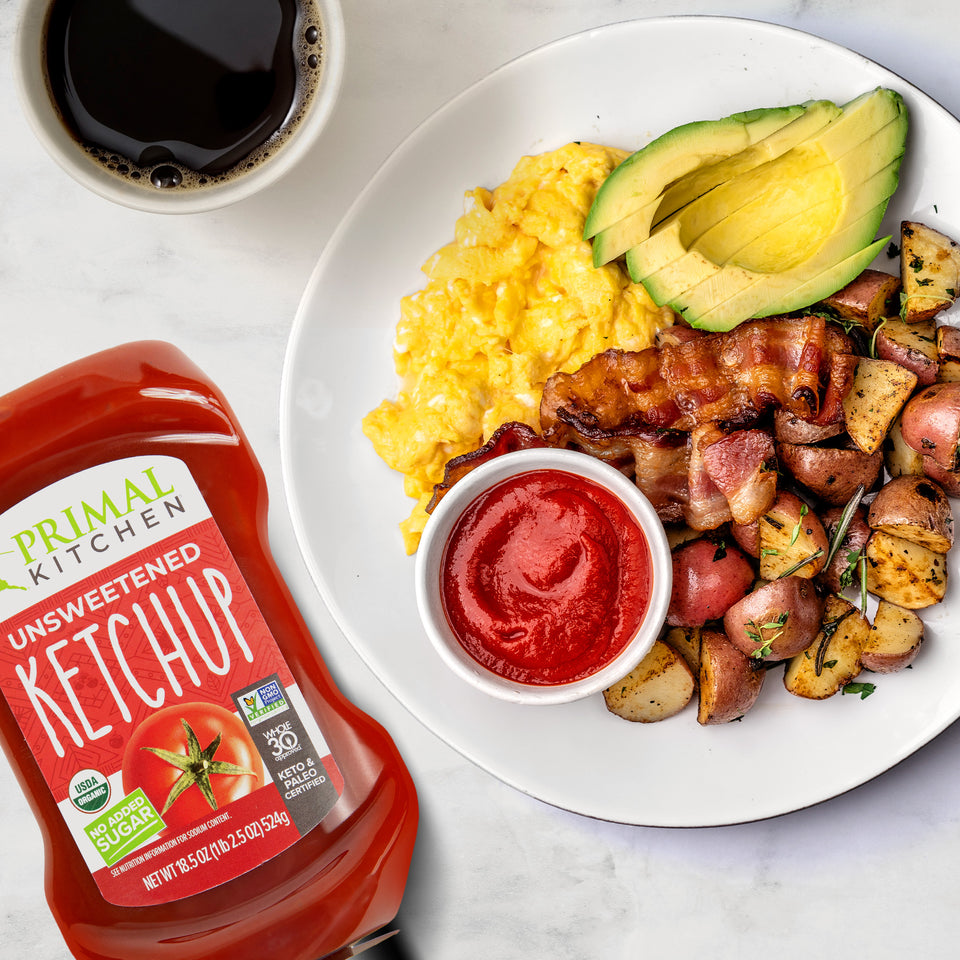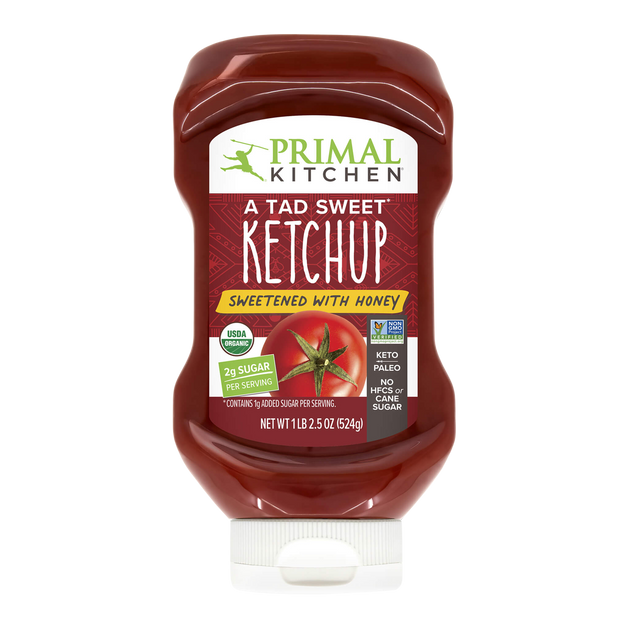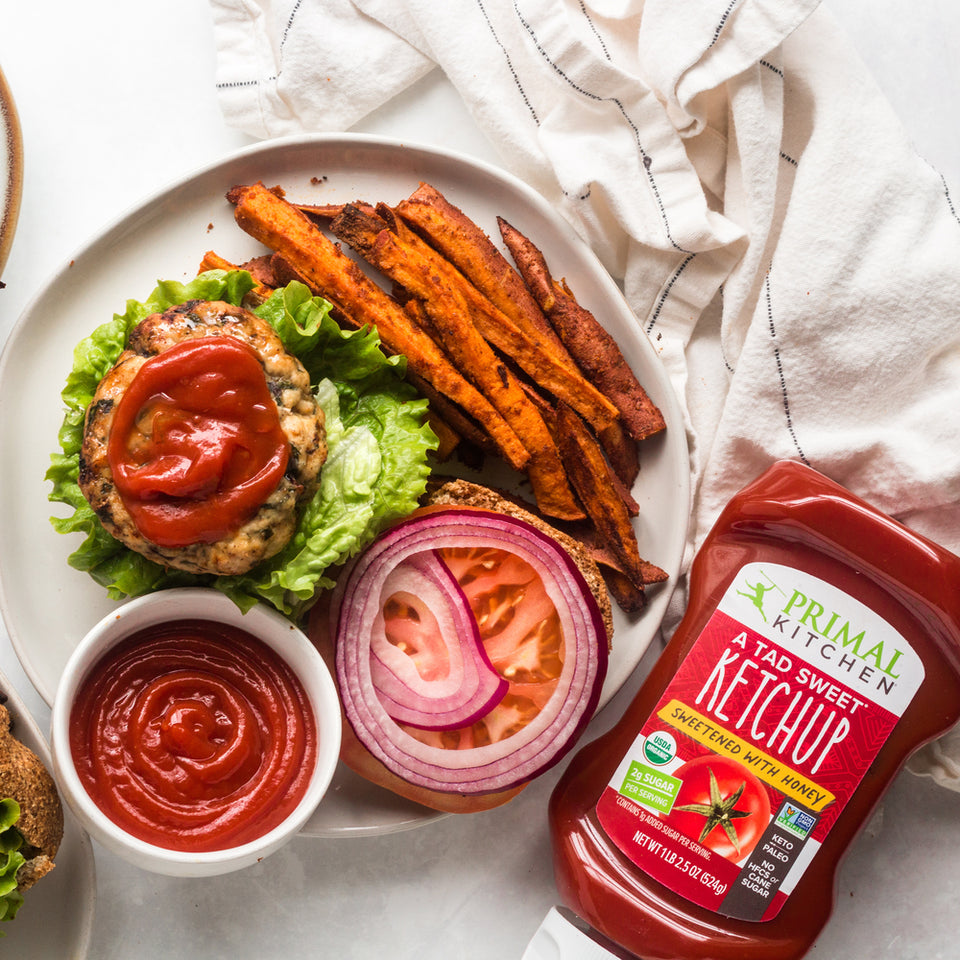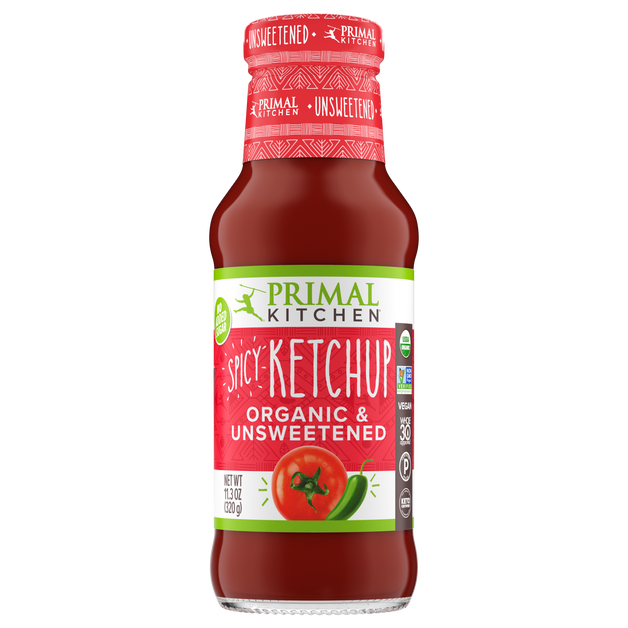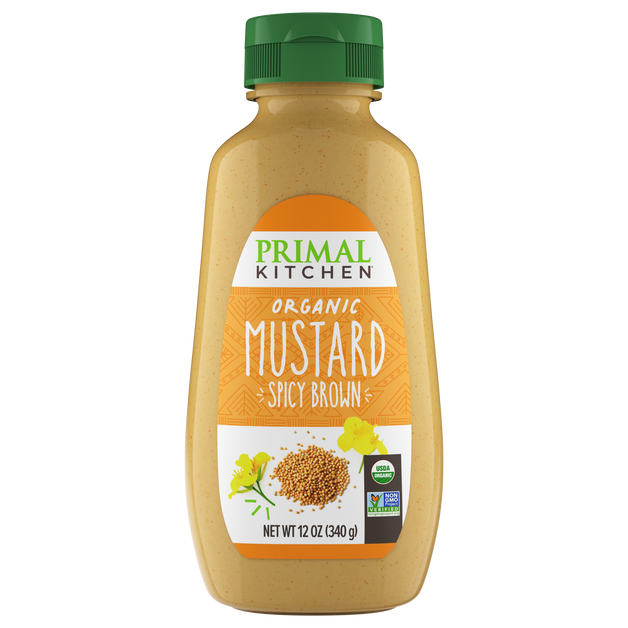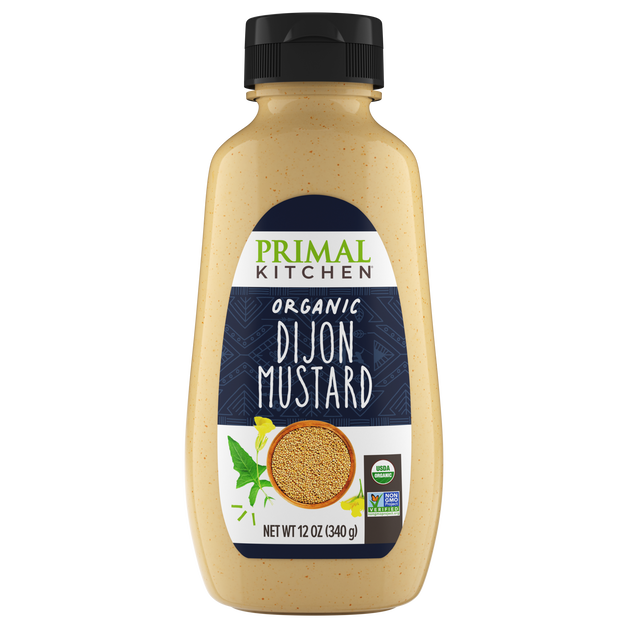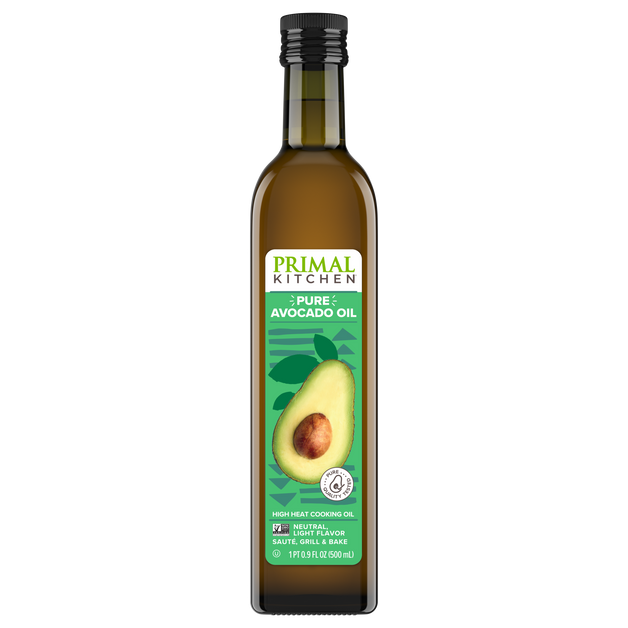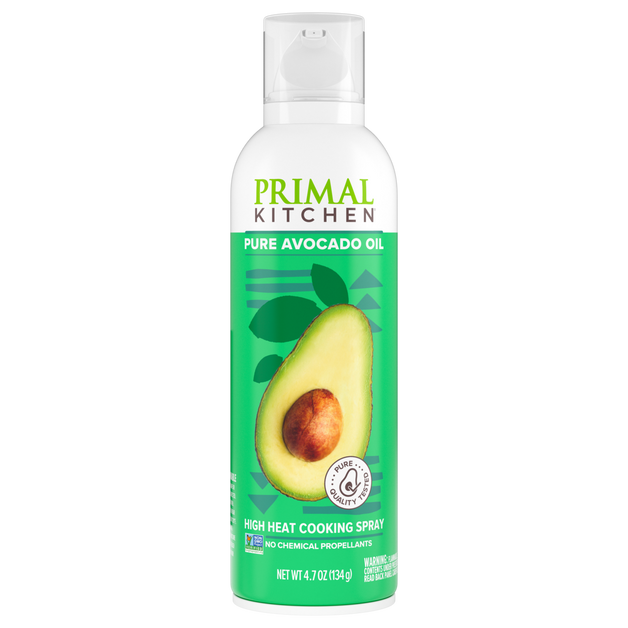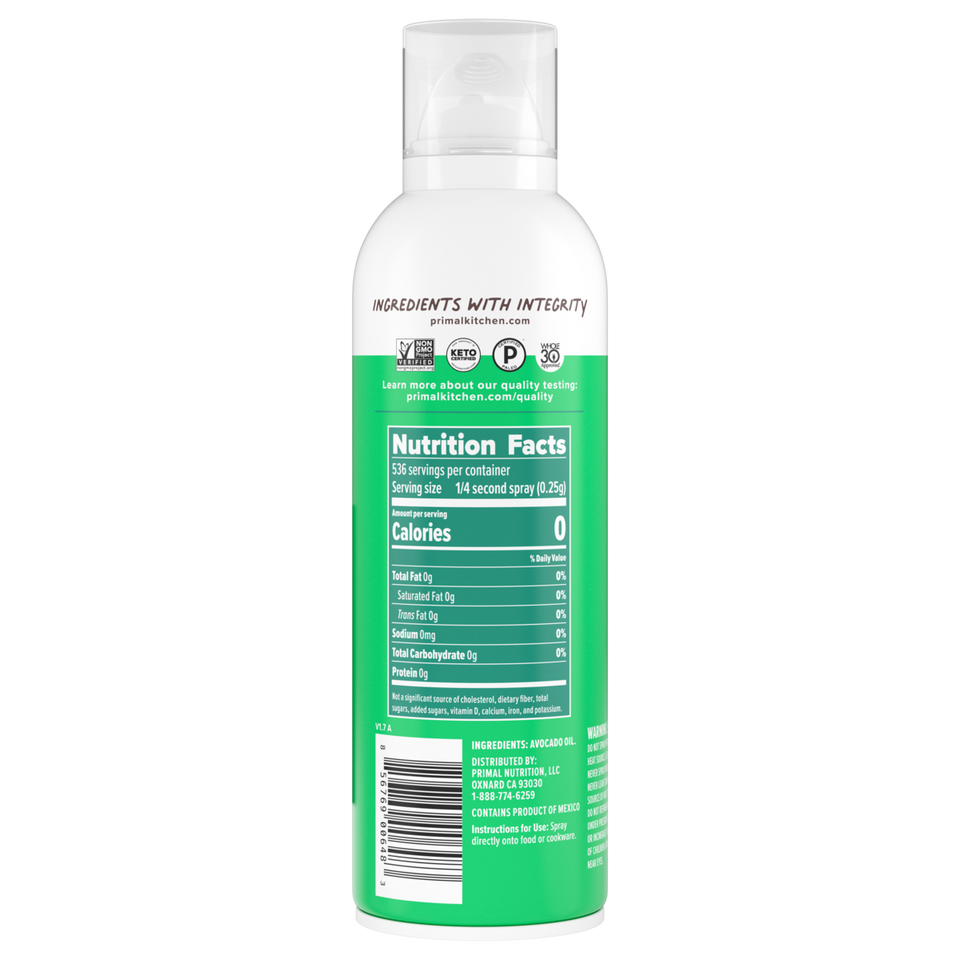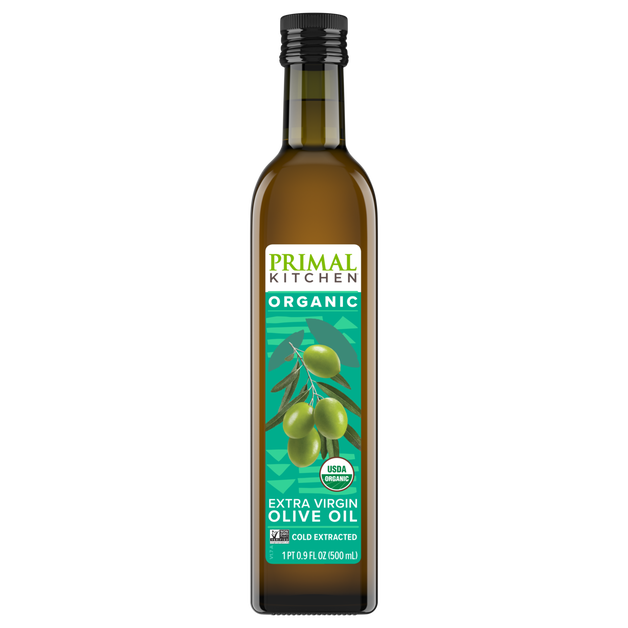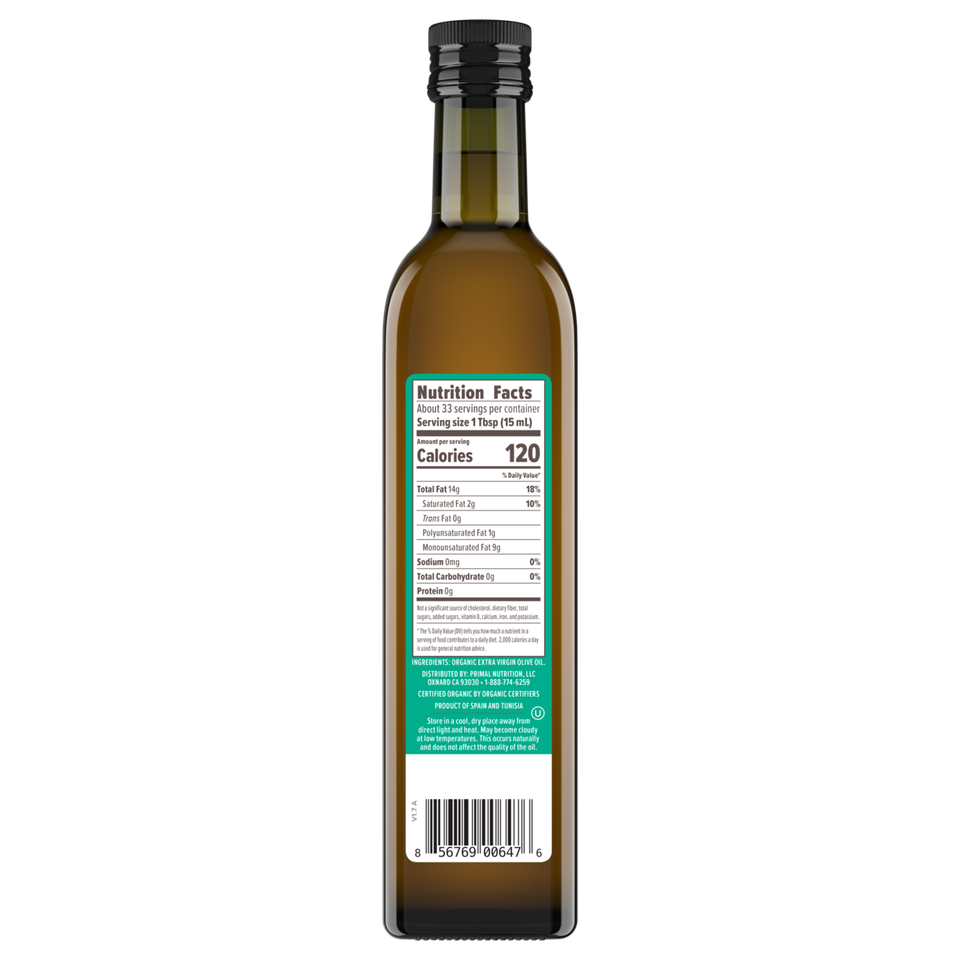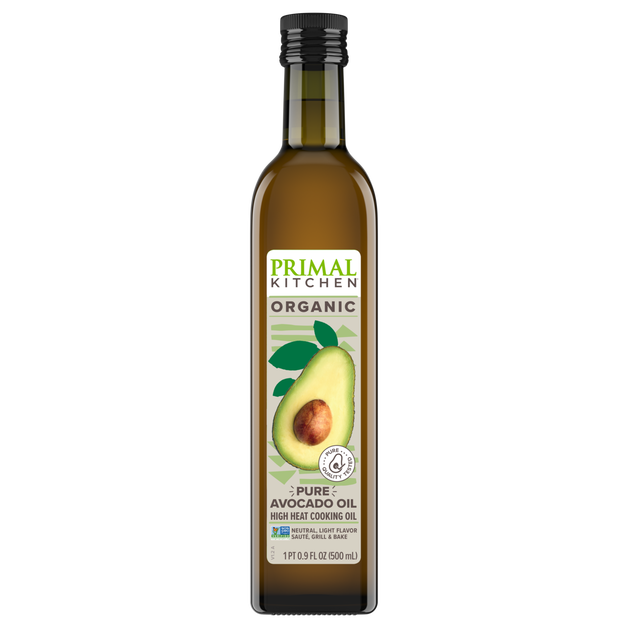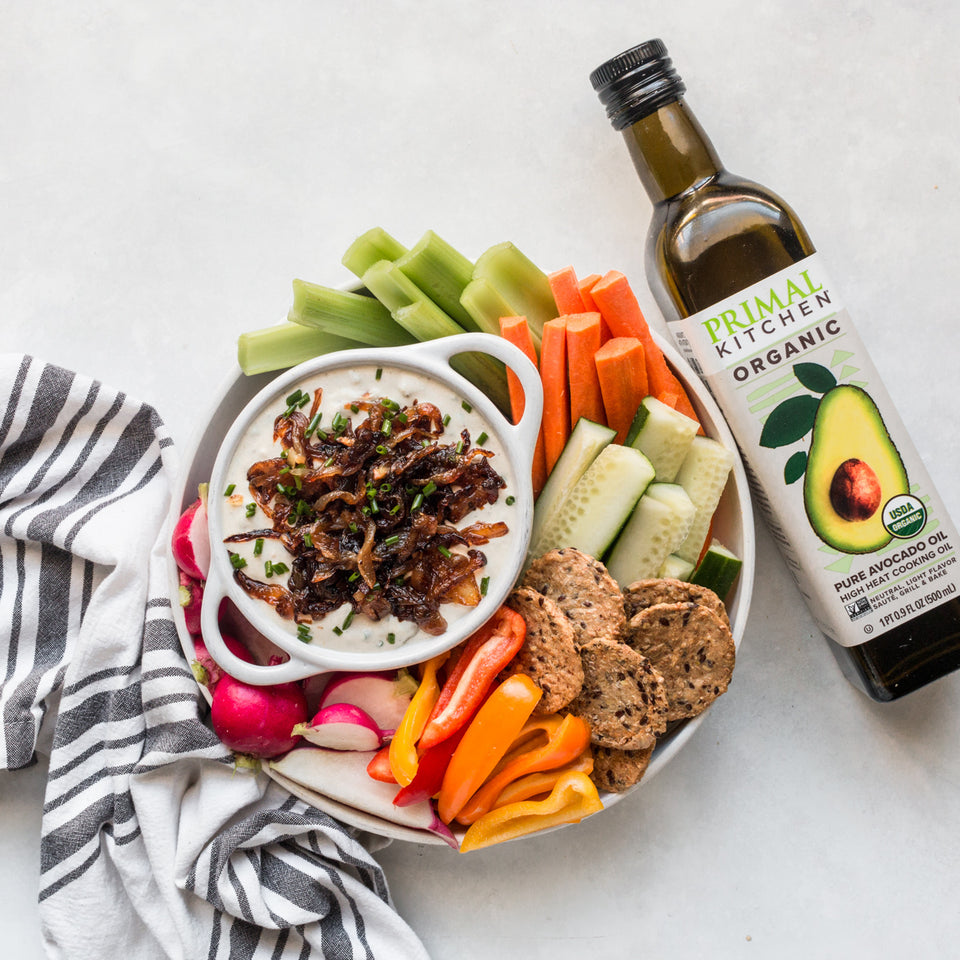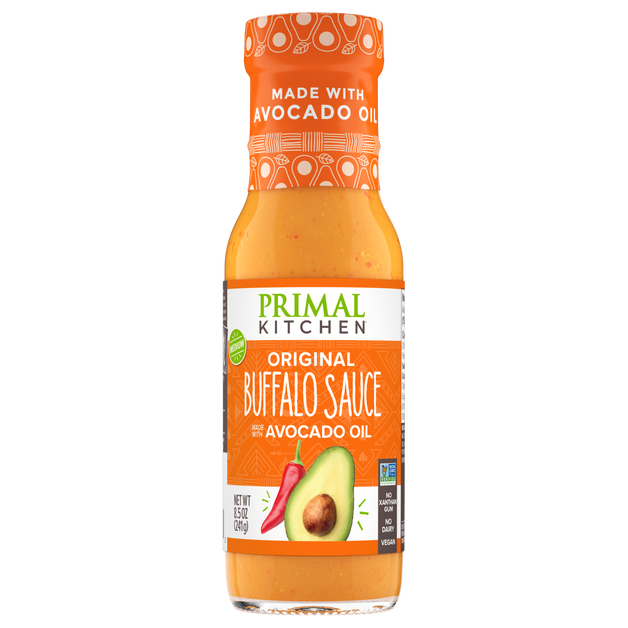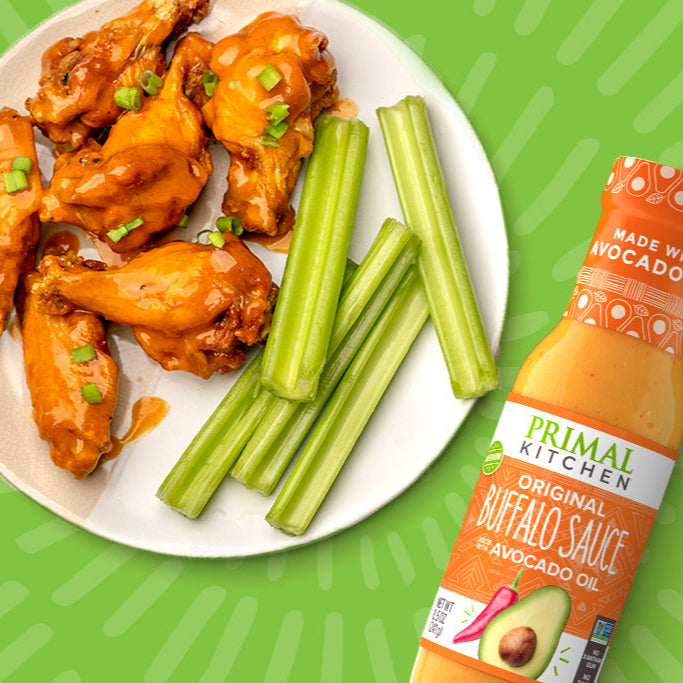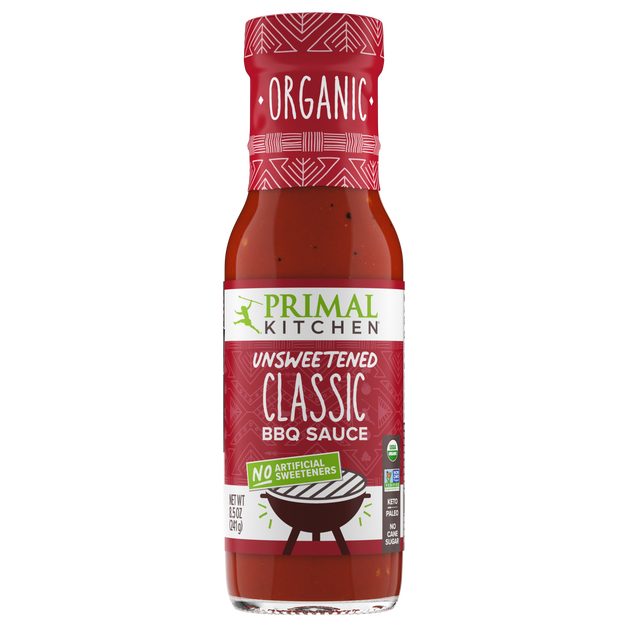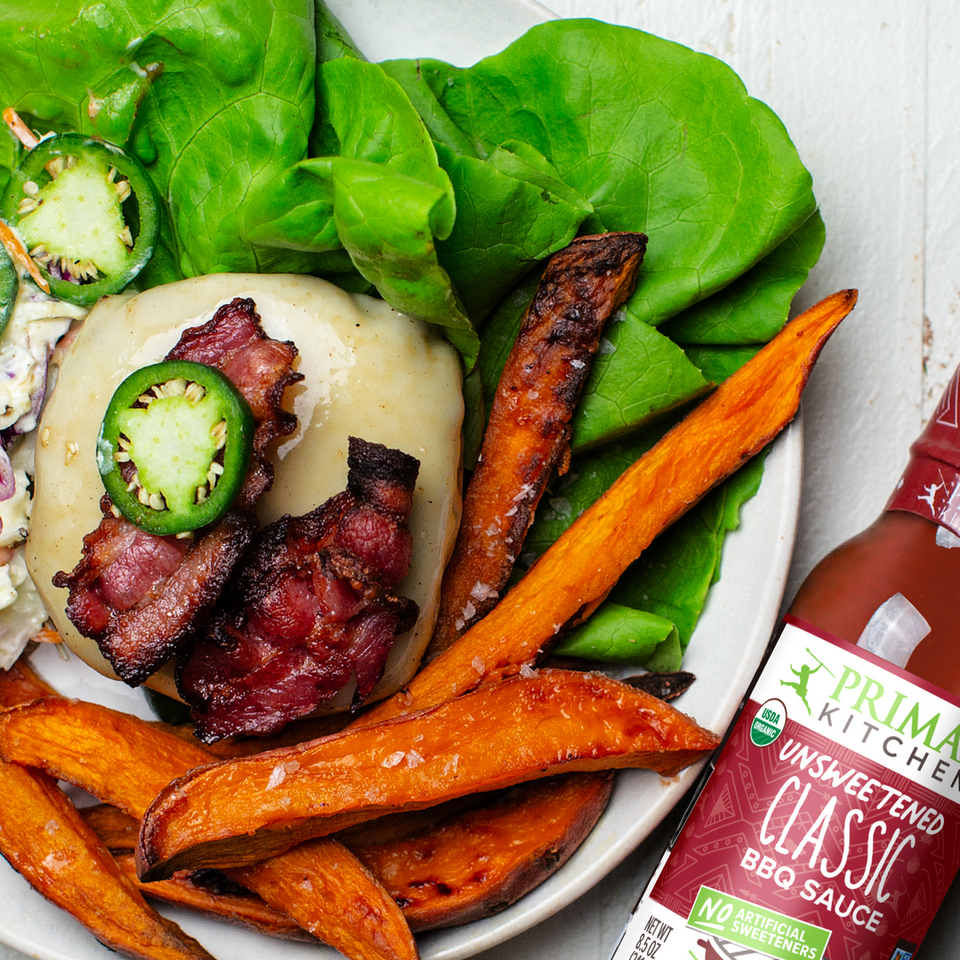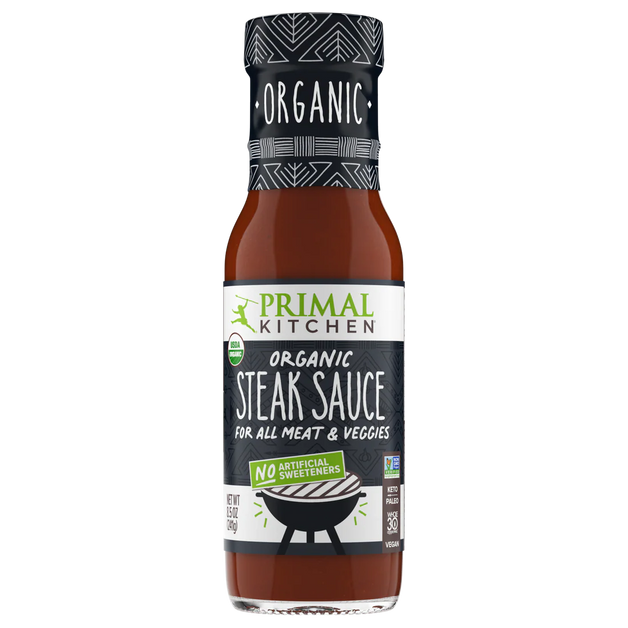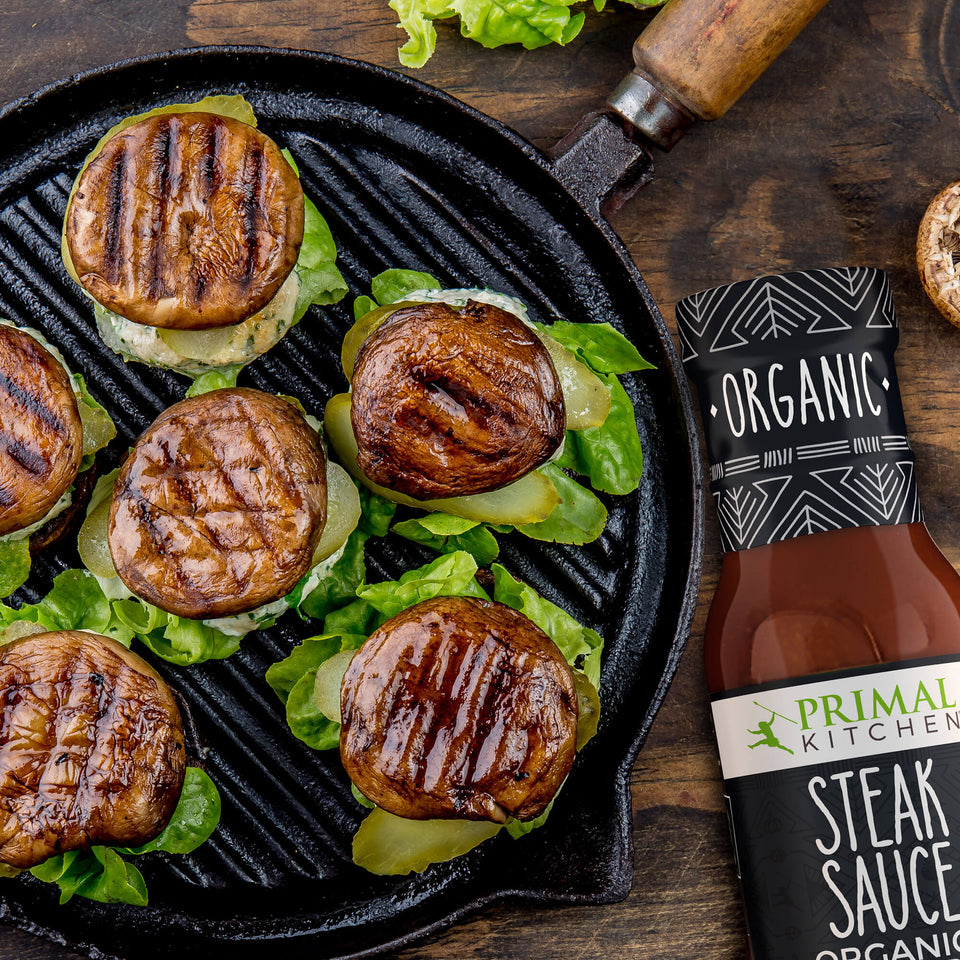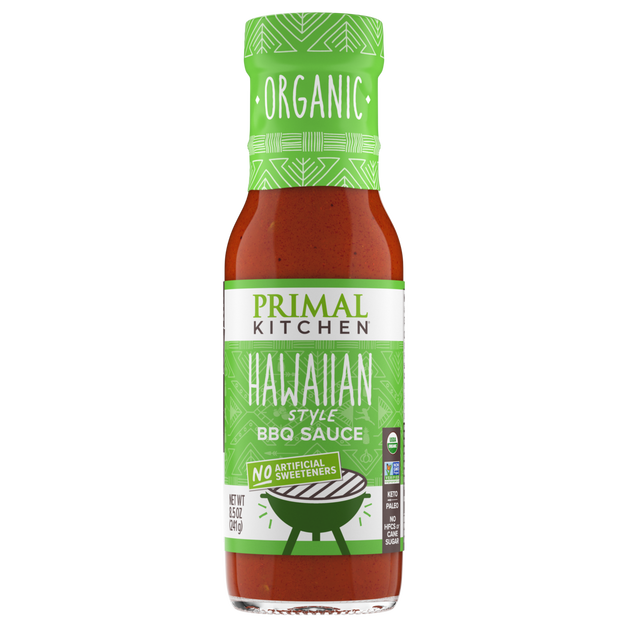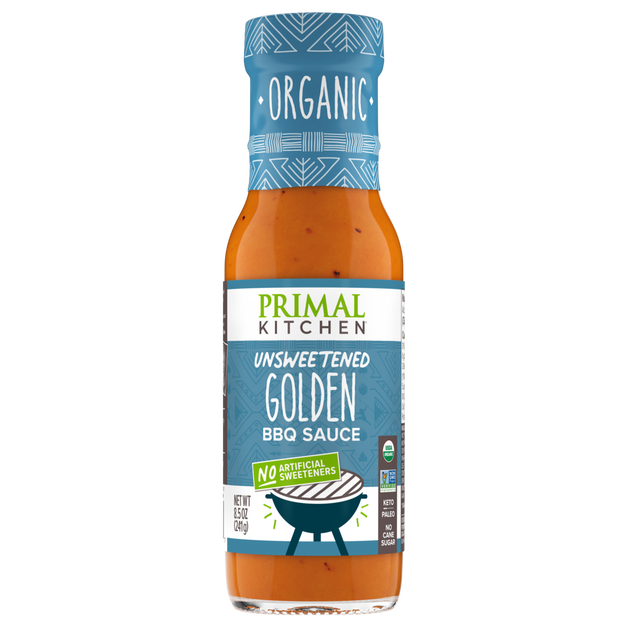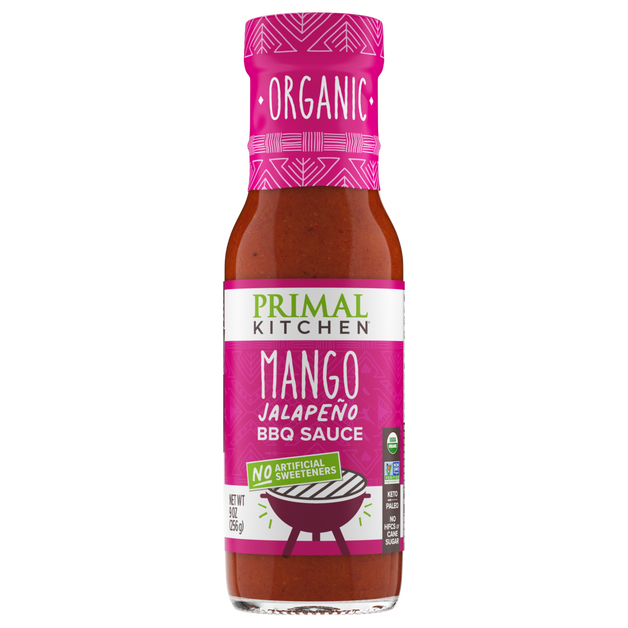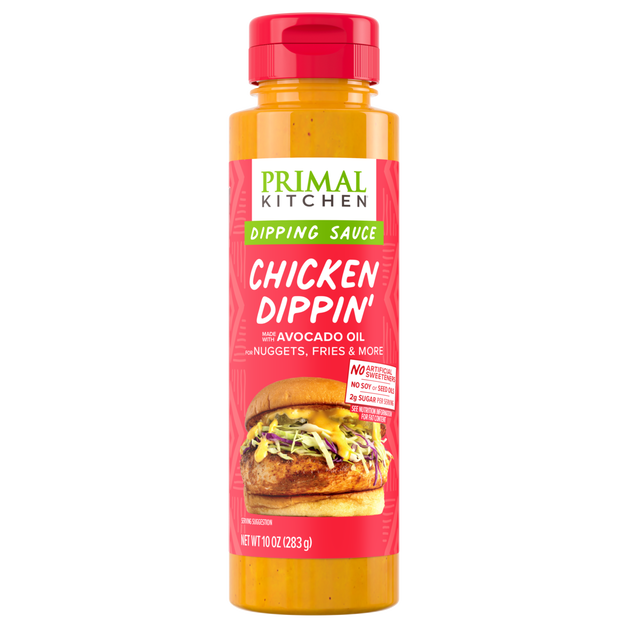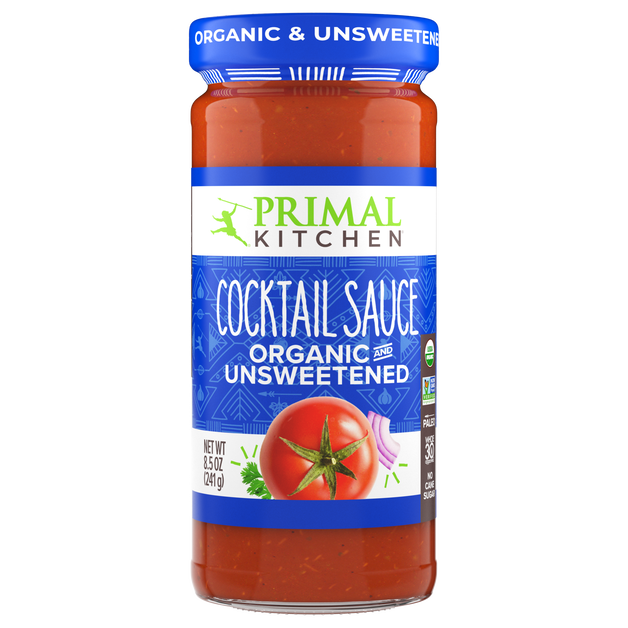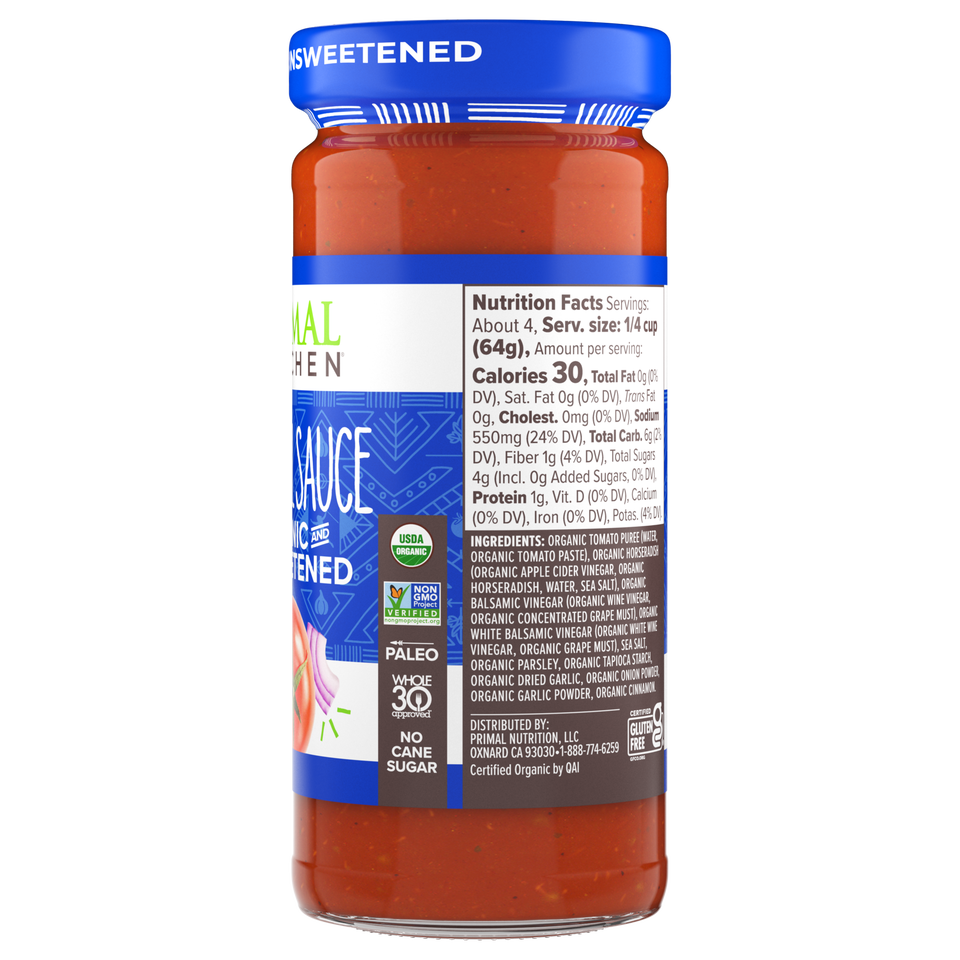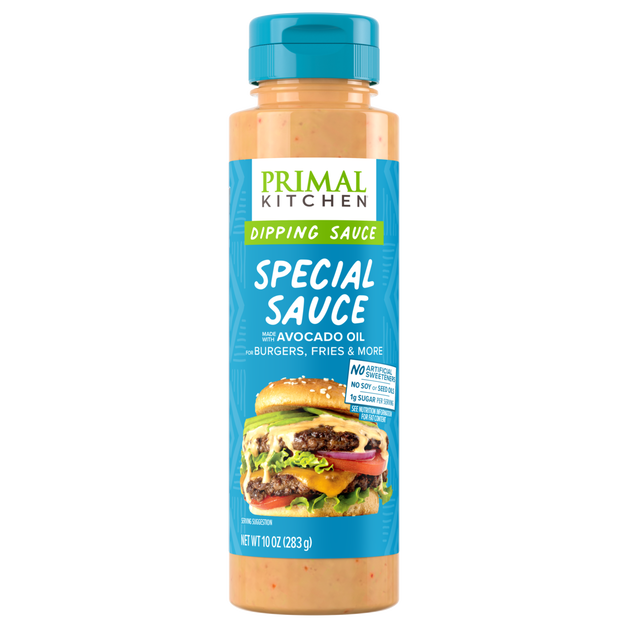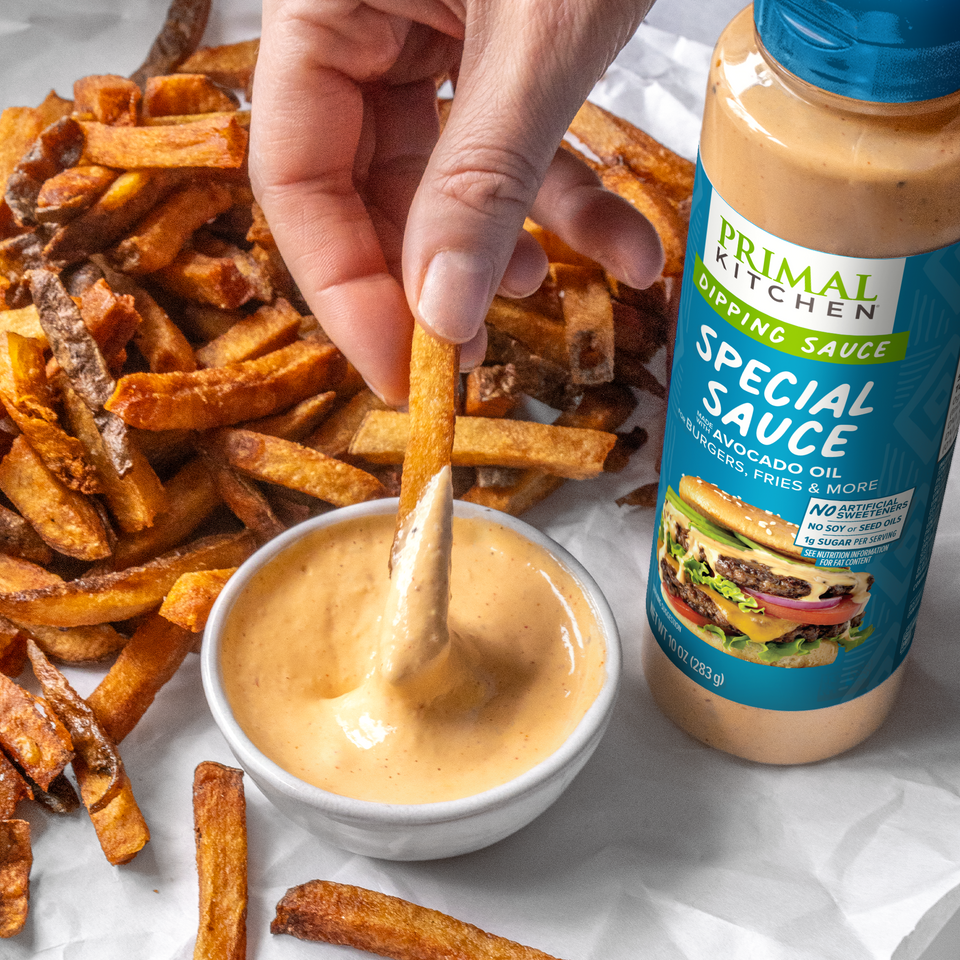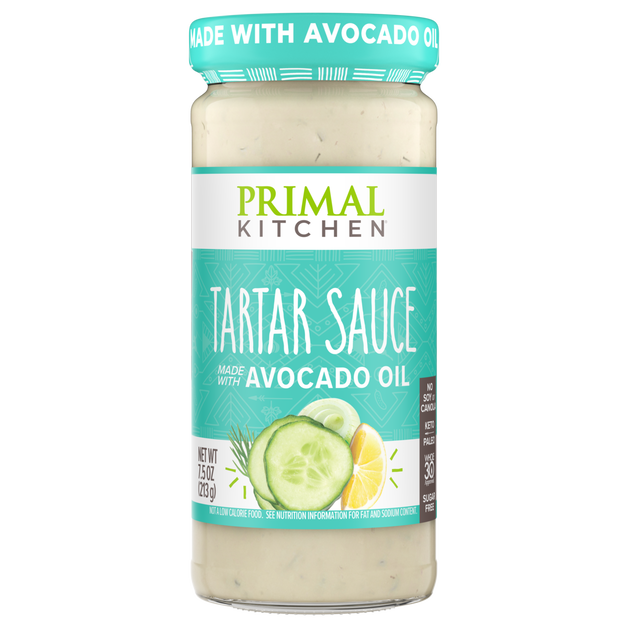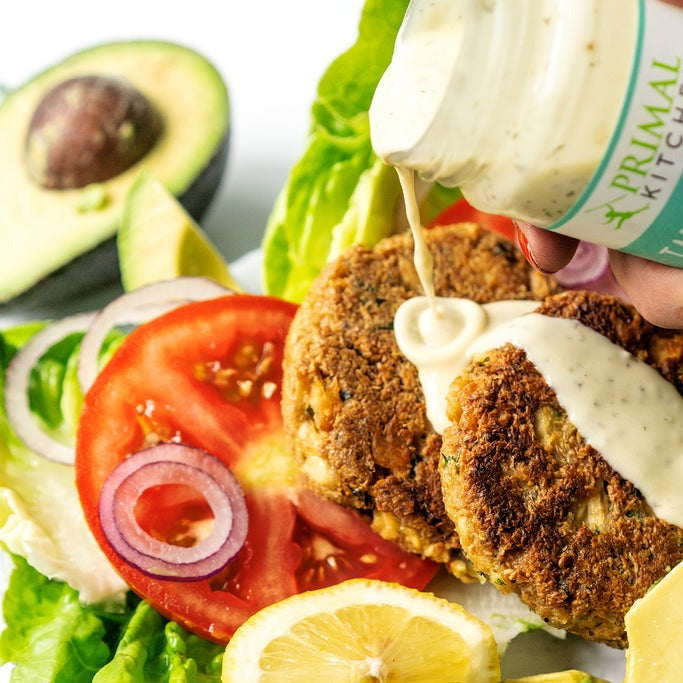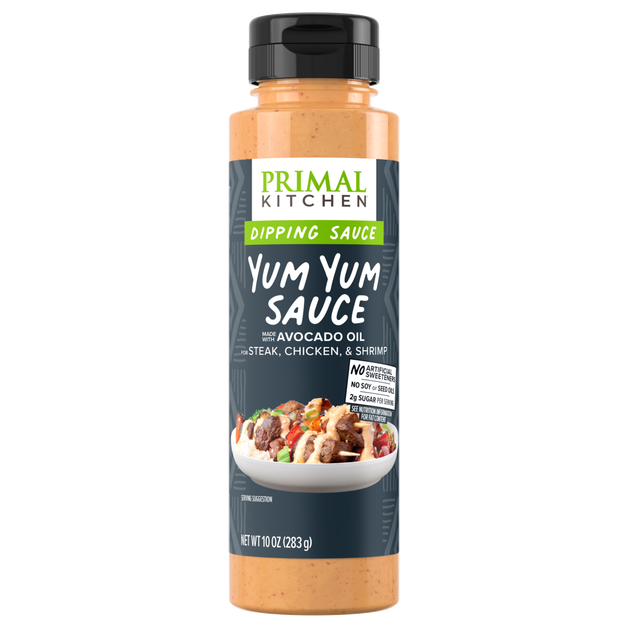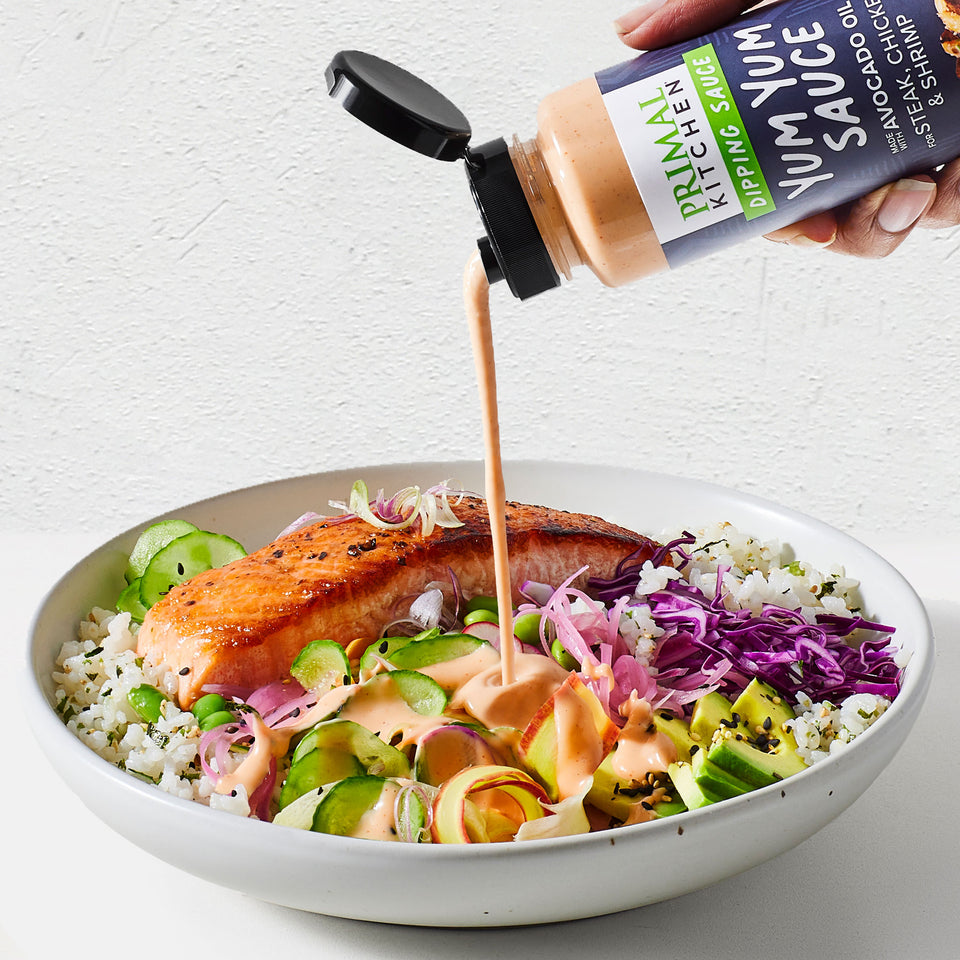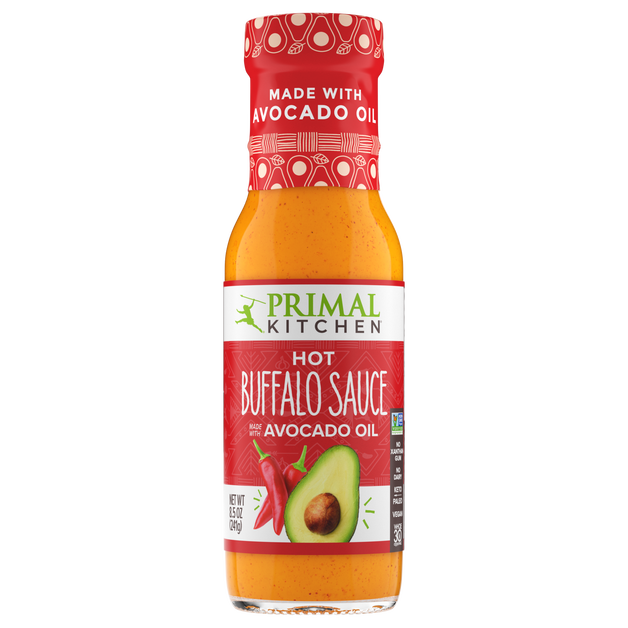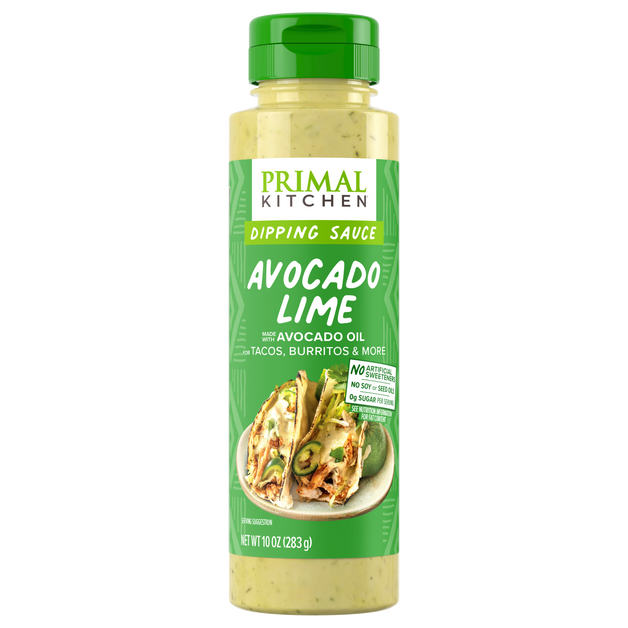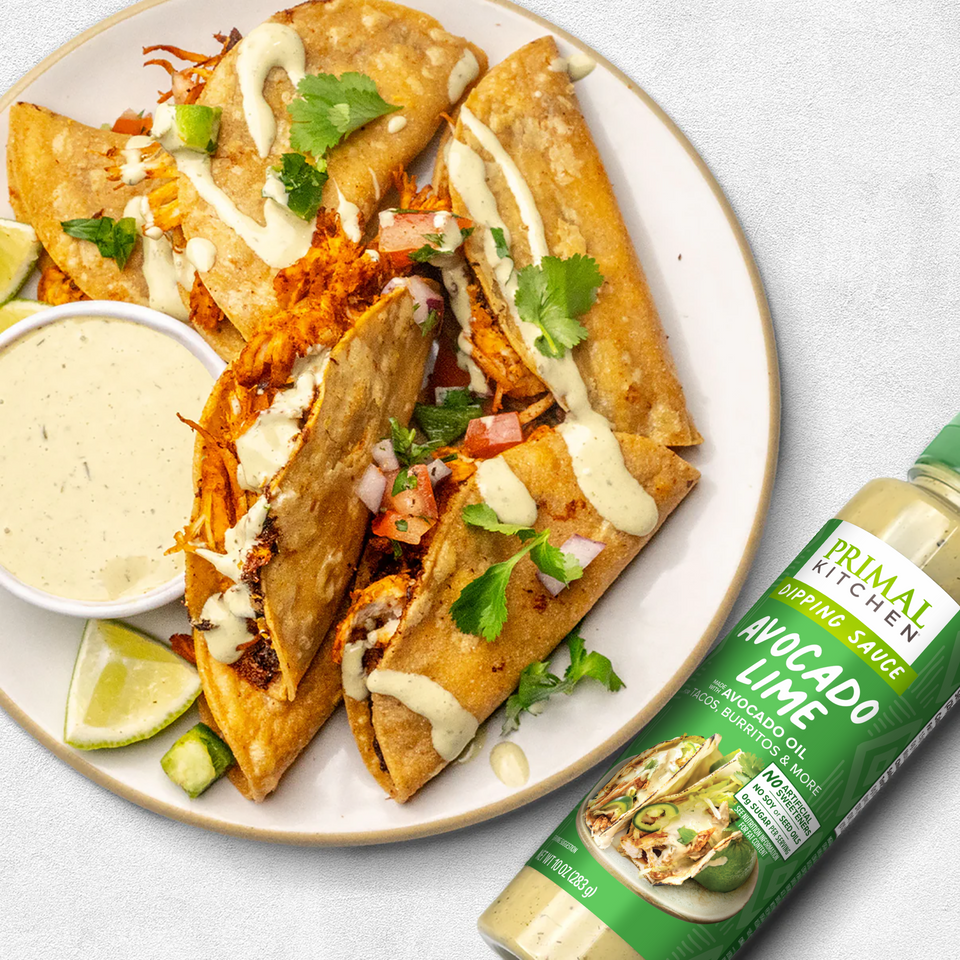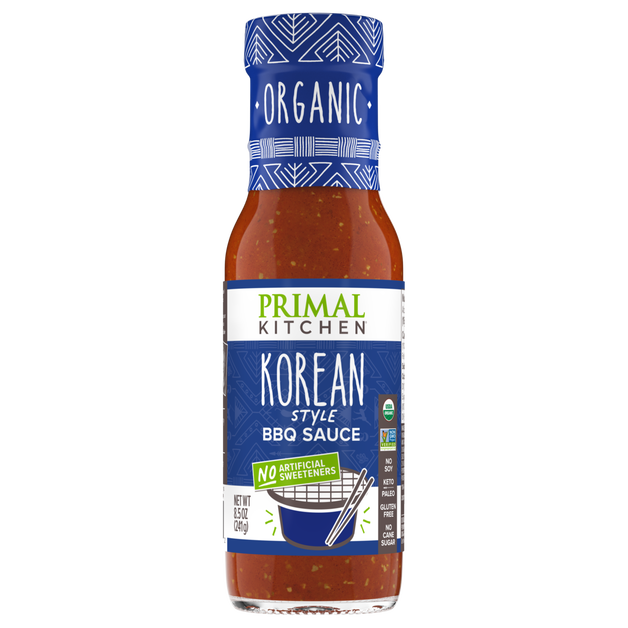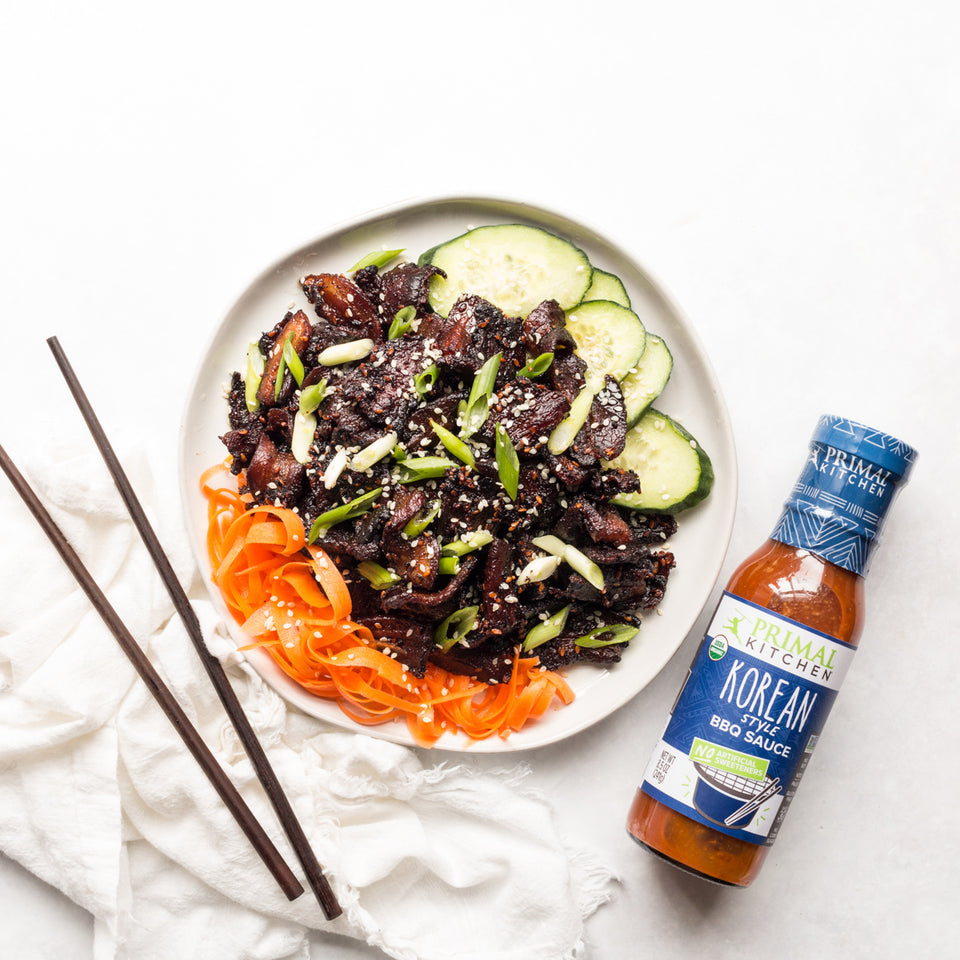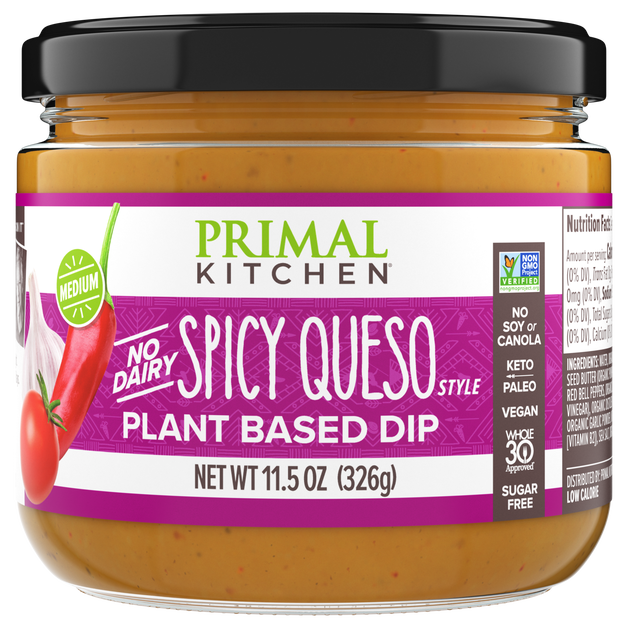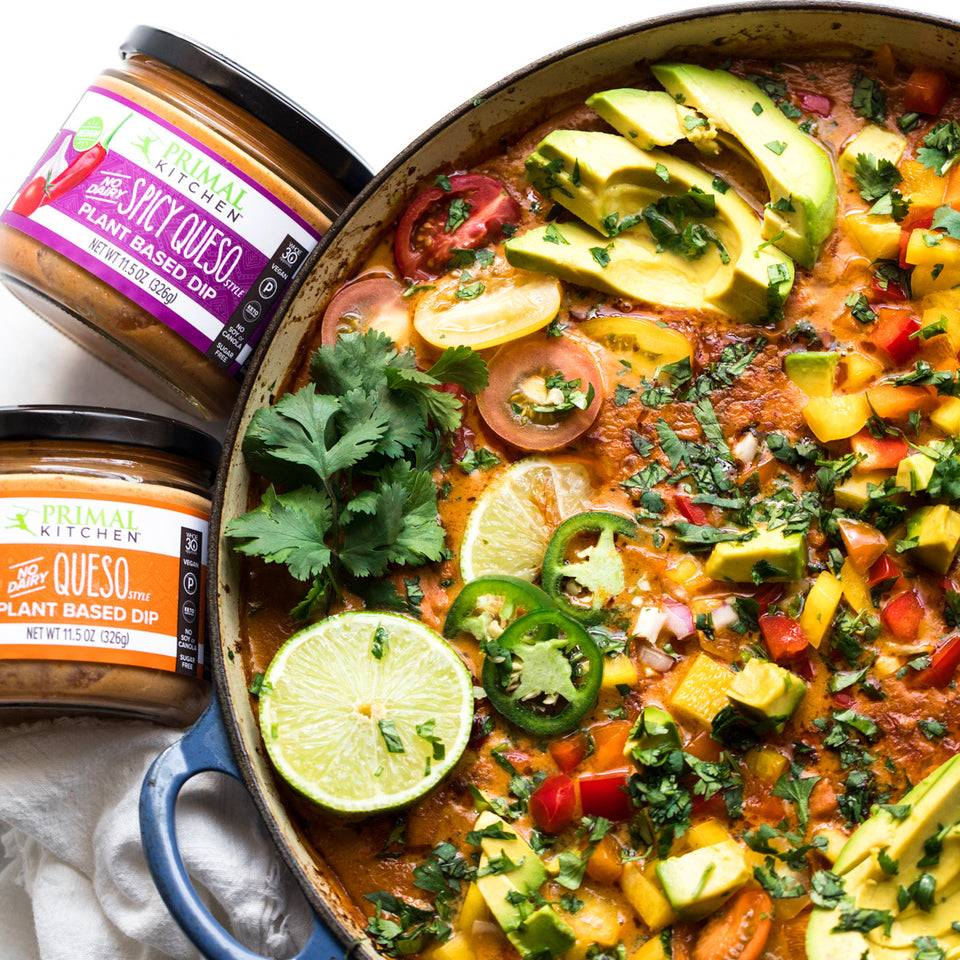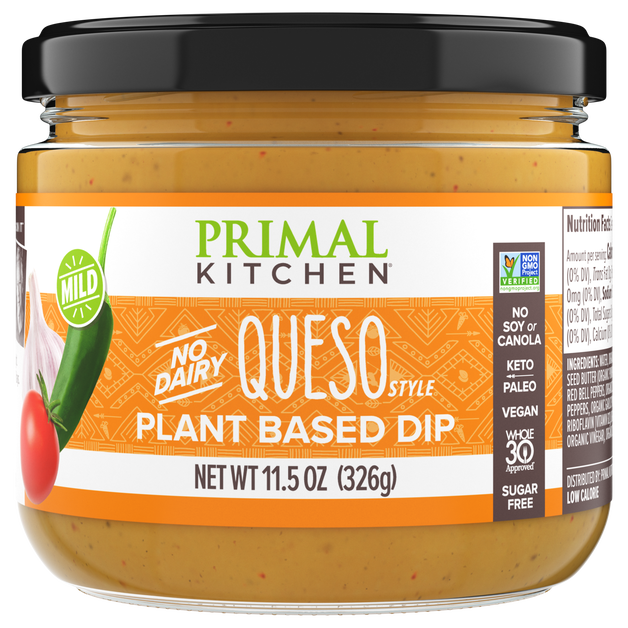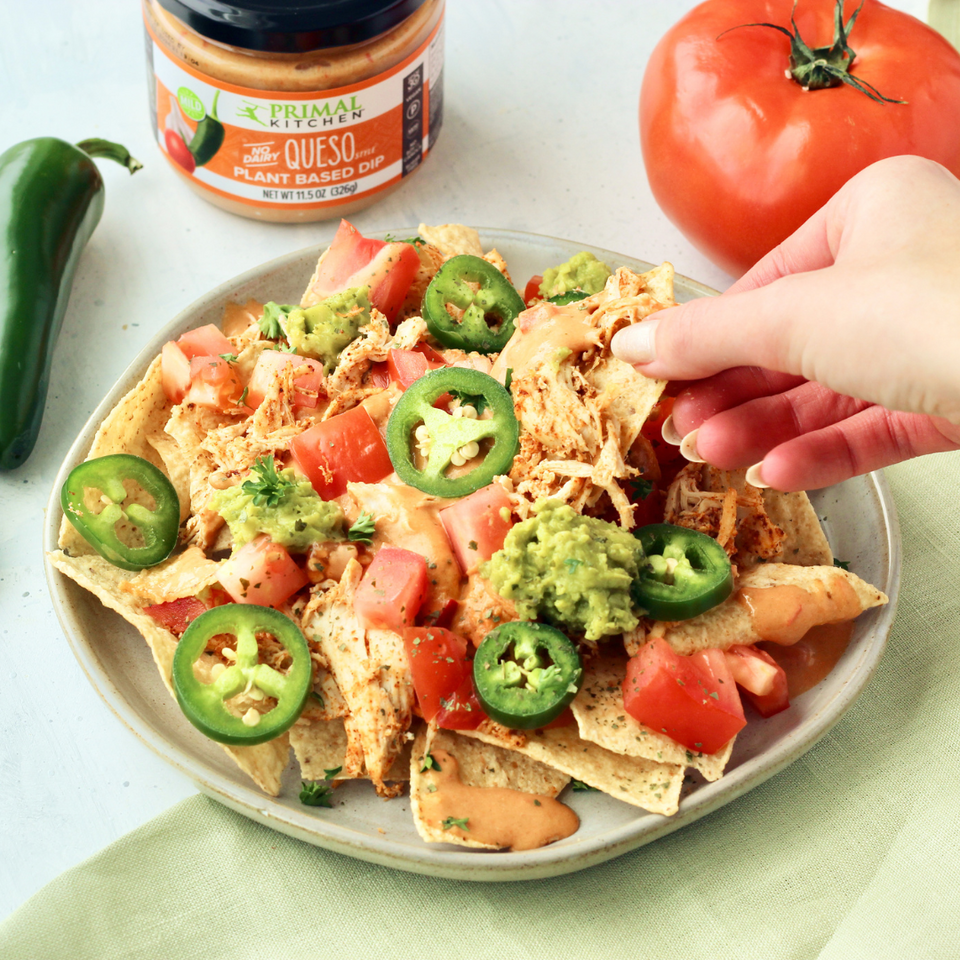Much like the choices we face when selecting cooking oils, the sweetener you choose can redefine the flavor and nutritional profile of the foods you eat. Alternatives to traditional refined sugar have become increasingly popular, each with its own set of characteristics catering to various dietary patterns and preferences.
With the landscape of alternative sweeteners growing, knowing which sweetener to choose can be overwhelming. Let’s dive into the world of alternative sweeteners to refined sugar, exploring the advantages and disadvantages of each type, and how they can complement your personal health and flavor preferences.
Understanding Different Sweeteners
Sweeteners come in a spectrum of choices, each with its unique properties and applications. On one side, we have sweeteners from natural sources and on the other side, we have artificial sweeteners.
Sweeteners from Natural Sources
These are sugar alternatives made from natural sources, typically plants, fruits, or flowers. Natural sweeteners often have some of the nutrients present from their original sources, and in some cases, mimic the sweetness of sugar without the calories of sugar.
Honey: A golden elixir produced by bees from flower nectar, honey has been a natural sweetener of choice for centuries. Its naturally sweet composition makes it a suitable alternative to refined sugar.
- TRY IT: Organic honey is one of the star ingredients in our Squeeze Ketchup.
Fruit Juice/Purees/Pastes: Harnessing the natural sweetness of fruit, juices, purees, and pastes offer a delightful way to sweeten dishes. From mango and pear purees to date paste, these options not only add sweetness but may also contribute vitamins and fiber.
- TRY IT: Organic date paste and organic mango puree add a touch of sweetness to Primal Kitchen® Mango Jalapeño BBQ Sauce.
Monk Fruit: A fruit native to Southeast Asia, monk fruit has gained recognition for being a plant-based, high-intensity sweetener. The sweetness in monk fruit comes from compounds called mogrosides, providing a sweet taste without traditional refined sugars.1
- TRY IT: Monk fruit adds a touch of sweetness to our COLLAGEN FUEL® Drink Mix.
Stevia: Made from the leaves of the Stevia rebaudiana plant, stevia is a calorie-free sweetener that has gained popularity as a refined sugar substitute. Stevia is used as a plant-based sweetener option for those looking to manage their calorie intake or control their blood sugar levels.2
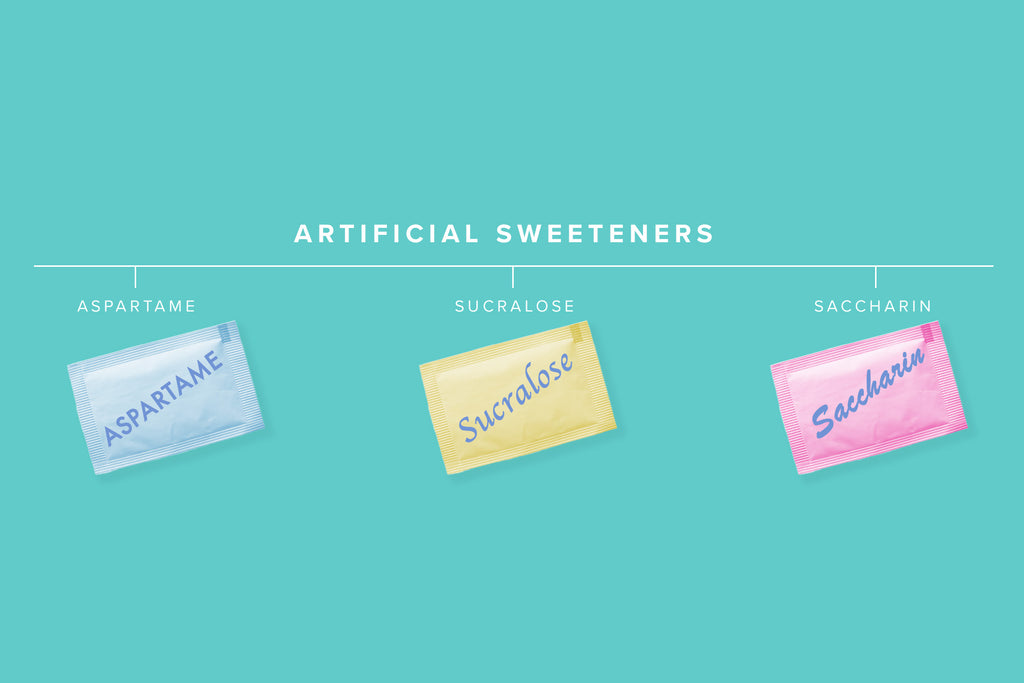
Artificial Sweeteners
These are synthesized compounds designed to mimic or surpass the sweetness of sugar. They offer a sugar-free alternative for people seeking to reduce their calorie and sugar intake.
- Aspartame: Commonly found in diet sodas and sugar-free products, aspartame is intensely sweet. It is 200 times sweeter than sugar and has no calories.3 However, people with a rare genetic disorder called phenylketonuria (PKU) should avoid consuming aspartame.
- Sucralose: Found under the brand name Splenda, sucralose is about 600 times sweeter than sugar.3 It is stable at high temperatures, making it suitable for cooking and baking, without adding calories or sugar.
- Saccharin: First discovered in 1879, saccharin has a high sweetness intensity (200-700 times sweeter than sugar)3 and is used in many sugar-free products. Saccharin is often used in combination with other sweeteners to enhance sweetness while minimizing aftertastes.
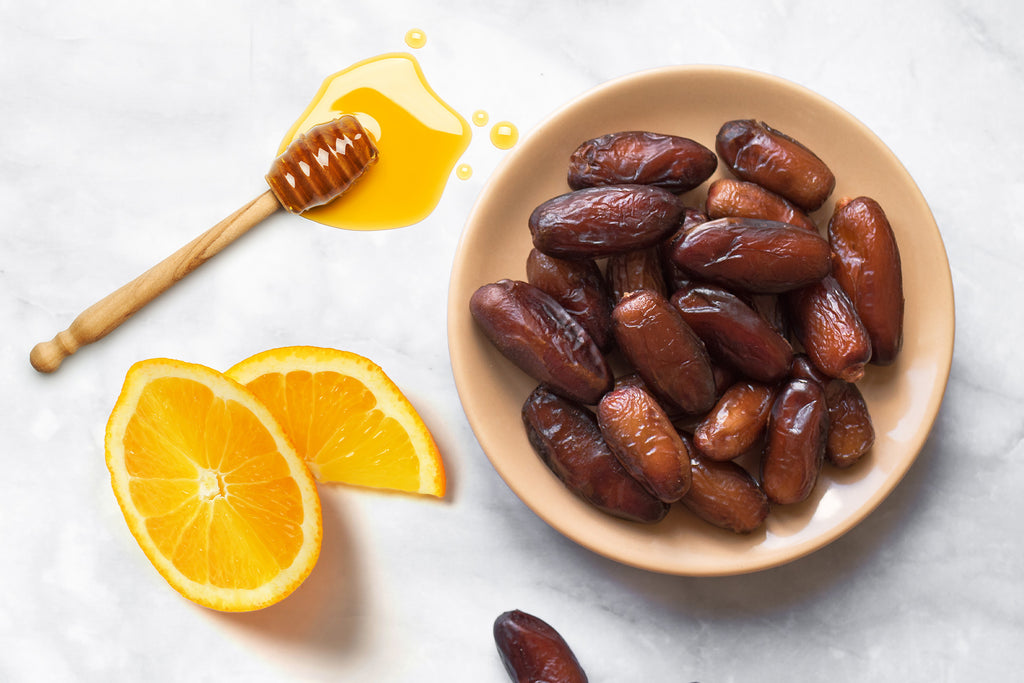
Advantages and Disadvantages of Sweeteners
As with any ingredient, there are pros and cons to utilizing the variety of sweeteners available. Let’s take a look at some of the reasons why someone might choose (or not choose) sweeteners from natural sources and artificial sweeteners.
Sweeteners from Natural Sources
Advantages: Some plant-based sweeteners, like stevia, provide the sweetness of sugar without calories or added sugars. Additionally, the complex flavors of honey and fruit juices, purees, or pastes can enhance the texture and taste of dishes.
Disadvantages: Some sweeteners from natural sources, like honey, can be calorie-dense and still contain sugar. Additionally, some people may also be allergic or have a sensitive reaction to certain components in sweeteners.
Artificial Sweeteners
Advantages: Most artificial sweeteners are low or calorie-free and do not affect blood glucose4, making them suitable for people aiming to reduce their calorie intake and control their blood sugar levels.
Disadvantages: The taste of artificial sweeteners may differ from natural sugar, affecting the overall eating experience with products using these sweeteners. Some people may experience side effects such as headaches or digestive issues, and research is conflicting on their overall impact on your health.5
Why Choose an Alternative Sweetener to Refined Sugar
There’s more than one reason to select an alternative sweetener. With so many individual needs and preferences, here are just a few of the factors to consider when looking for a sweetener that isn’t refined sugar.
Taste Profile: Sweeteners contribute unique tastes to your dishes. Consider the flavor of the sweetener and how it complements or contrasts with the other ingredients in your recipe. For example, the honey in this Golden Smoothie Bowl harmonizes with our Vanilla Coconut Collagen while balancing the earthy, spicy flavor of turmeric.
Nutritional Content: Assess the calorie and carbohydrate content of sweeteners to align with your personal health goals. Sweeteners from natural sources like fruit purees or juices provide plant-based options, some with small amounts of additional vitamins and minerals, while artificial sweeteners offer sweetness without the added calories or beneficial nutrients.
Health Impact: Evaluate the potential health benefits and drawbacks of each sweetener. Fruit purees or juices may offer trace amounts of plant-bioactive compounds linked to positive effects on your health6 while some artificial sweeteners may have unwanted side effects when consumed in excess.7
Application in Cooking: Similar to choosing between olive oil and avocado oil for specific cooking methods, consider the heat stability and suitability of sweeteners for baking, cooking, or adding to beverages. Pineapple juice and date paste in these Grilled Hawaiian Steak Kabobs made with Primal Kitchen® Hawaiian Style BBQ Sauce help tenderize the sirloin steak while adding flavor and color during grilling.

Sweeteners for Specific Eating Plans
Moderation is key when incorporating sweeteners into a balanced diet. Choosing sweeteners from natural sources for occasional indulgences and artificial sweeteners for calorie-conscious options can contribute to overall health and wellness.
What if you’re following a specific eating plan like keto or Paleo? Stevia, monk fruit, and other sugar alcohols are ideal choices for those following ketogenic or low-carb diets. These sweeteners provide sweetness and are suitable within these diet plans. Honey and fruit purees and pastes align well with the Paleo diet, offering natural sweetness while adhering to the diet's emphasis on whole foods.
Finding the Sweet Spot
Just as choosing the right cooking oil can transform a dish, selecting the appropriate sweetener can elevate your culinary creations. You can embrace the versatility of honey and fruit-based whole ingredient sweeteners, adding a touch of delicious flavor to your favorite recipes.
Whether you opt for the rich taste of honey or the subtle sweetness of monk fruit, understanding the nuances of alternative sweeteners to refined sugar empowers you to make informed choices in the kitchen. As you navigate your culinary journey, remember that balance and moderation are the keys to savoring the sweetness of life.
Sources:
- https://www.ncbi.nlm.nih.gov/pmc/articles/PMC7008860/
- https://www.ncbi.nlm.nih.gov/pmc/articles/PMC7600789/
- https://www.fda.gov/food/food-additives-petitions/aspartame-and-other-sweeteners-food
- https://www.cambridge.org/core/journals/nutrition-research-reviews/article/expert-consensus-on-lowcalorie-sweeteners-facts-research-gaps-and-suggested-actions/B4CB46811648108CF7F2777692EEEA53
- https://www.ncbi.nlm.nih.gov/pmc/articles/PMC4899993/
- https://www.ncbi.nlm.nih.gov/pmc/articles/PMC7504156/
- https://www.who.int/publications/i/item/9789240073616
About the Author:
Erica Hill has her PhD in Nutrition Science and has been a registered dietitian for over 5 years. Based in the Chicago area, she works as a Scientist on the Nutrition Team at Kraft Heinz and helps to support the Primal Kitchen brand. She is passionate about communicating evidence-based nutrition research to the public in an easy-to-understand way and her favorite Primal Kitchen product is the Green Goddess Dressing!
